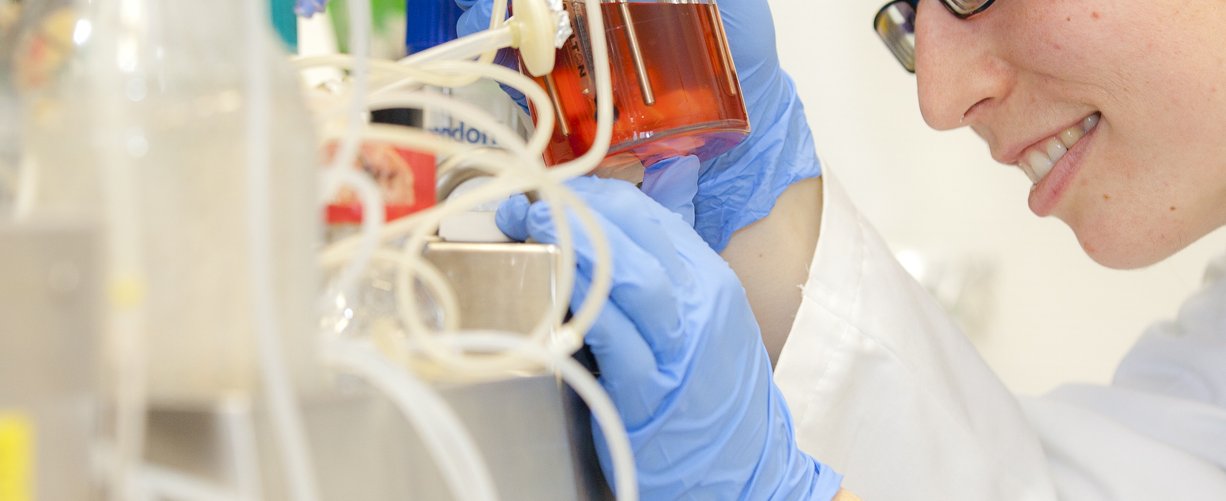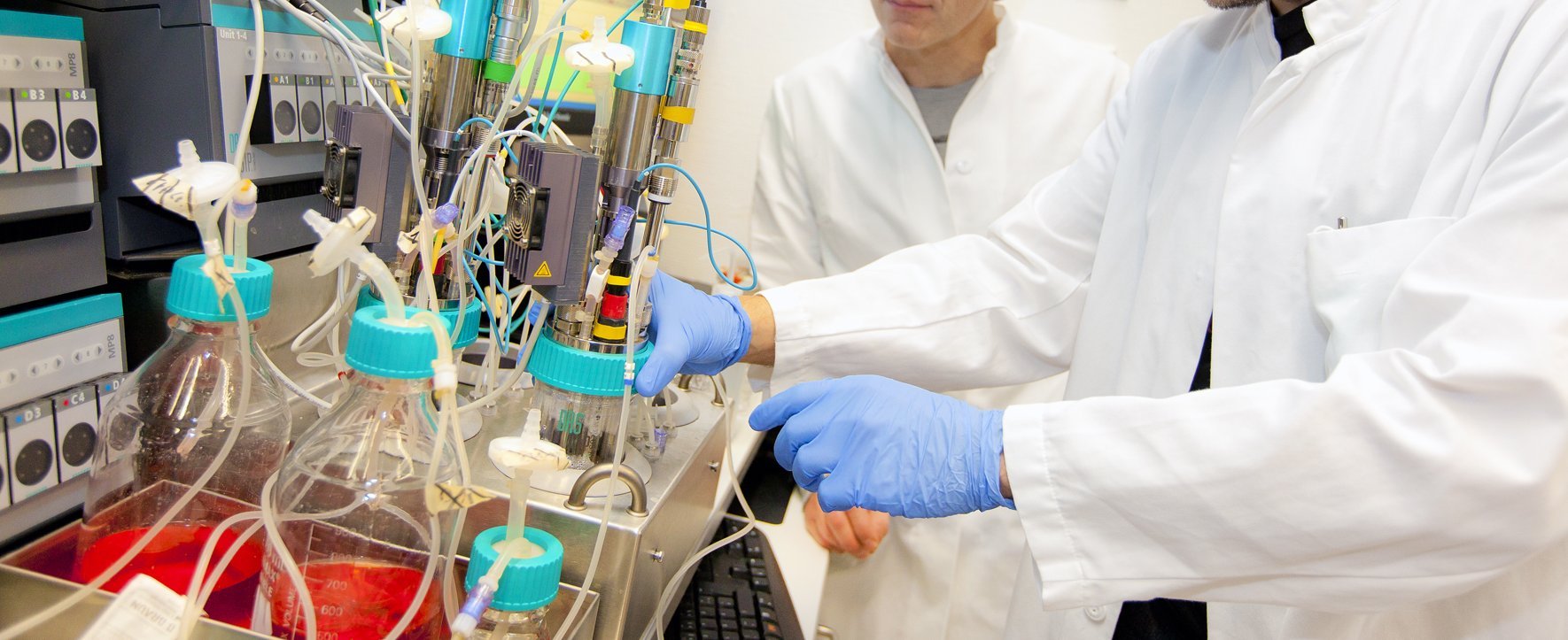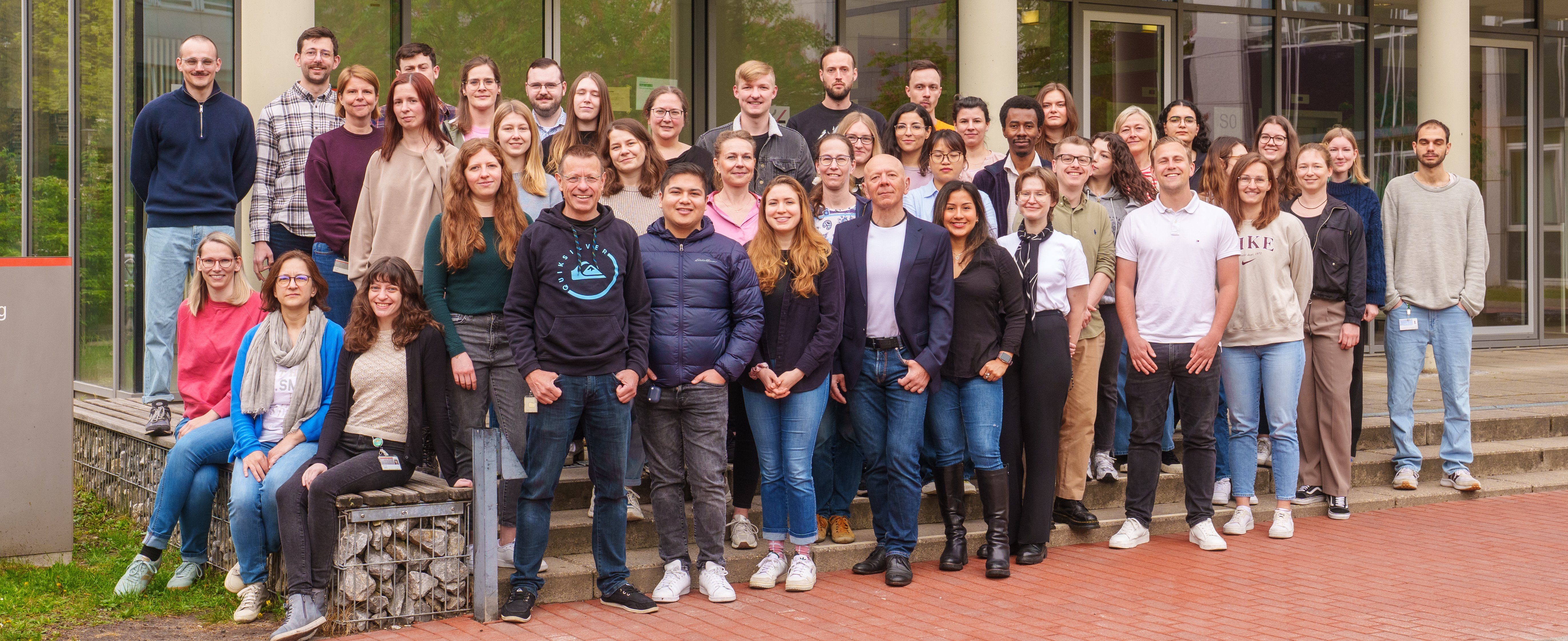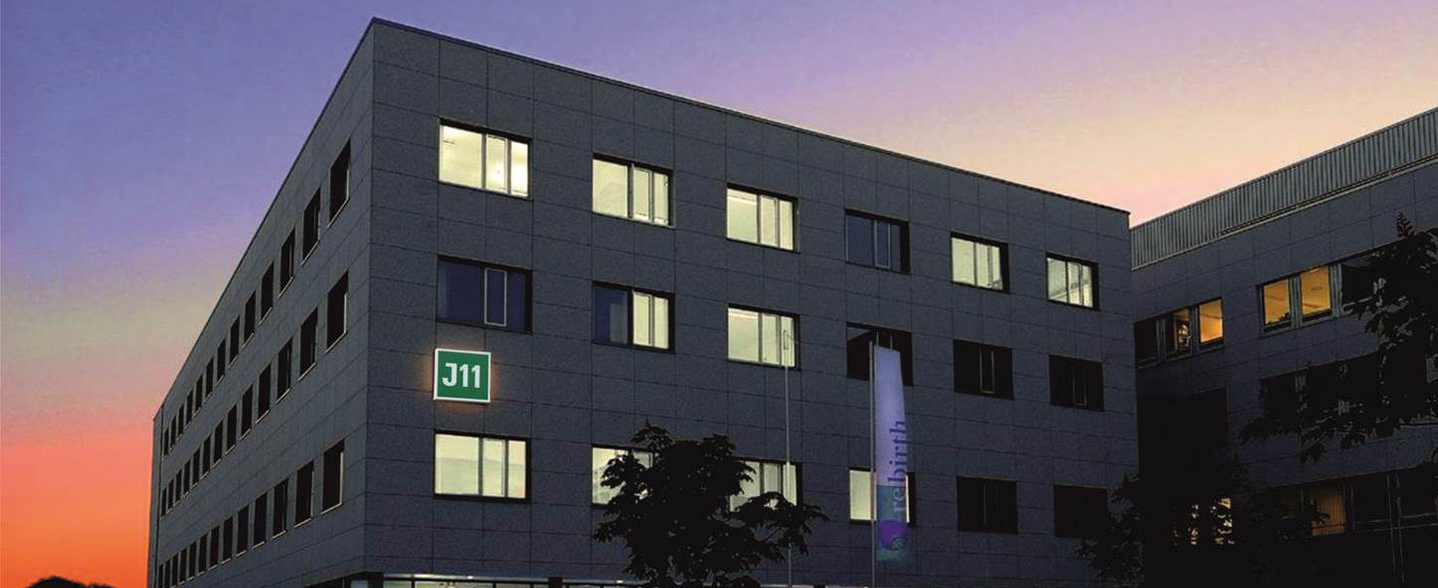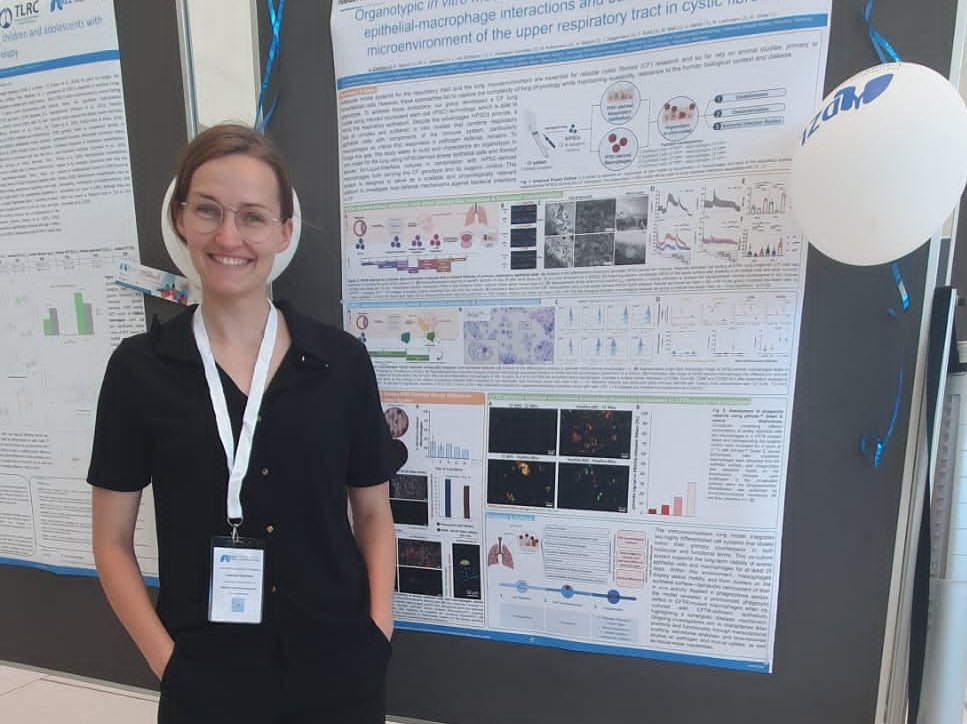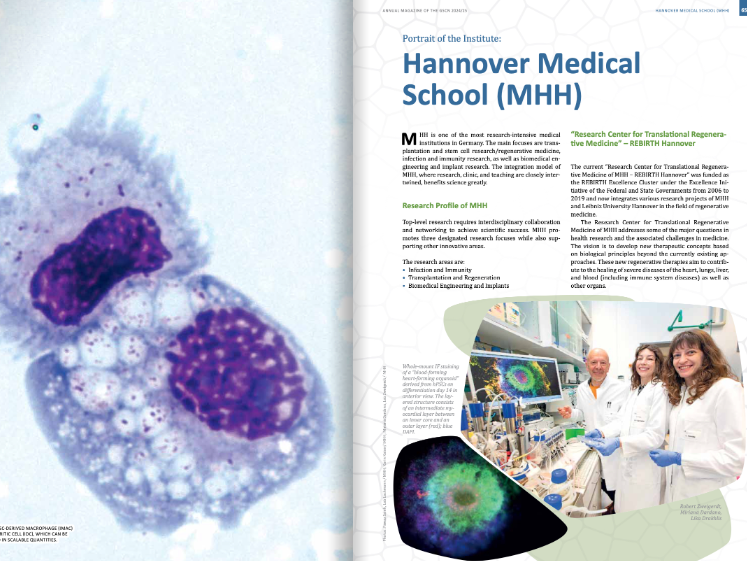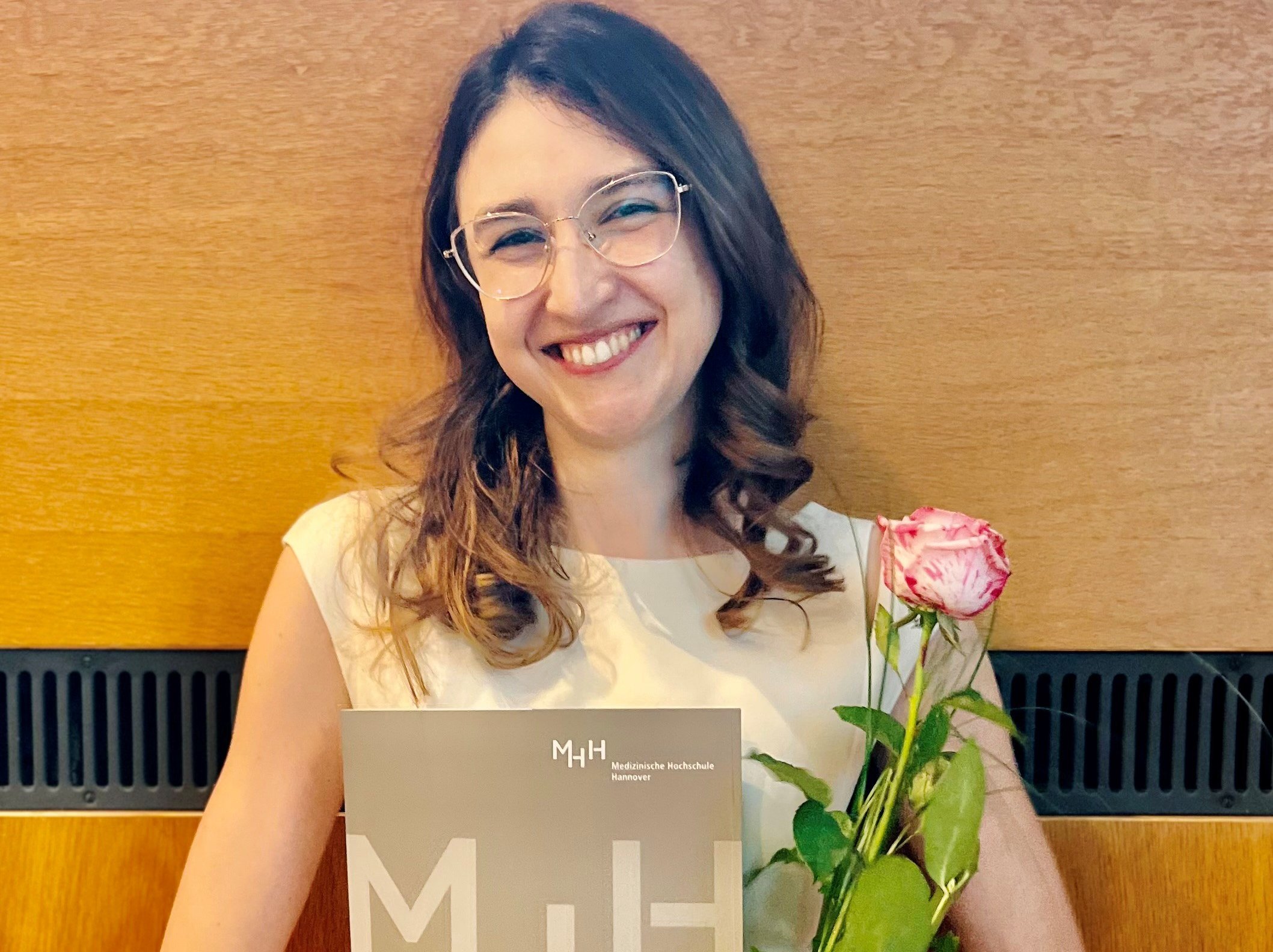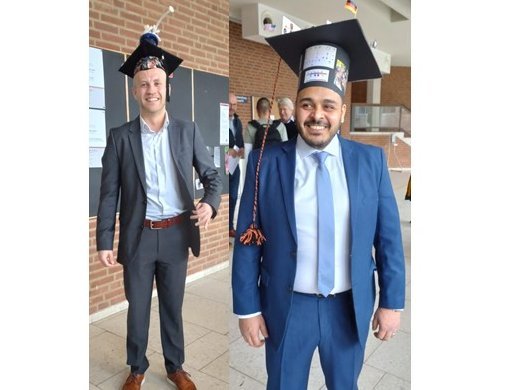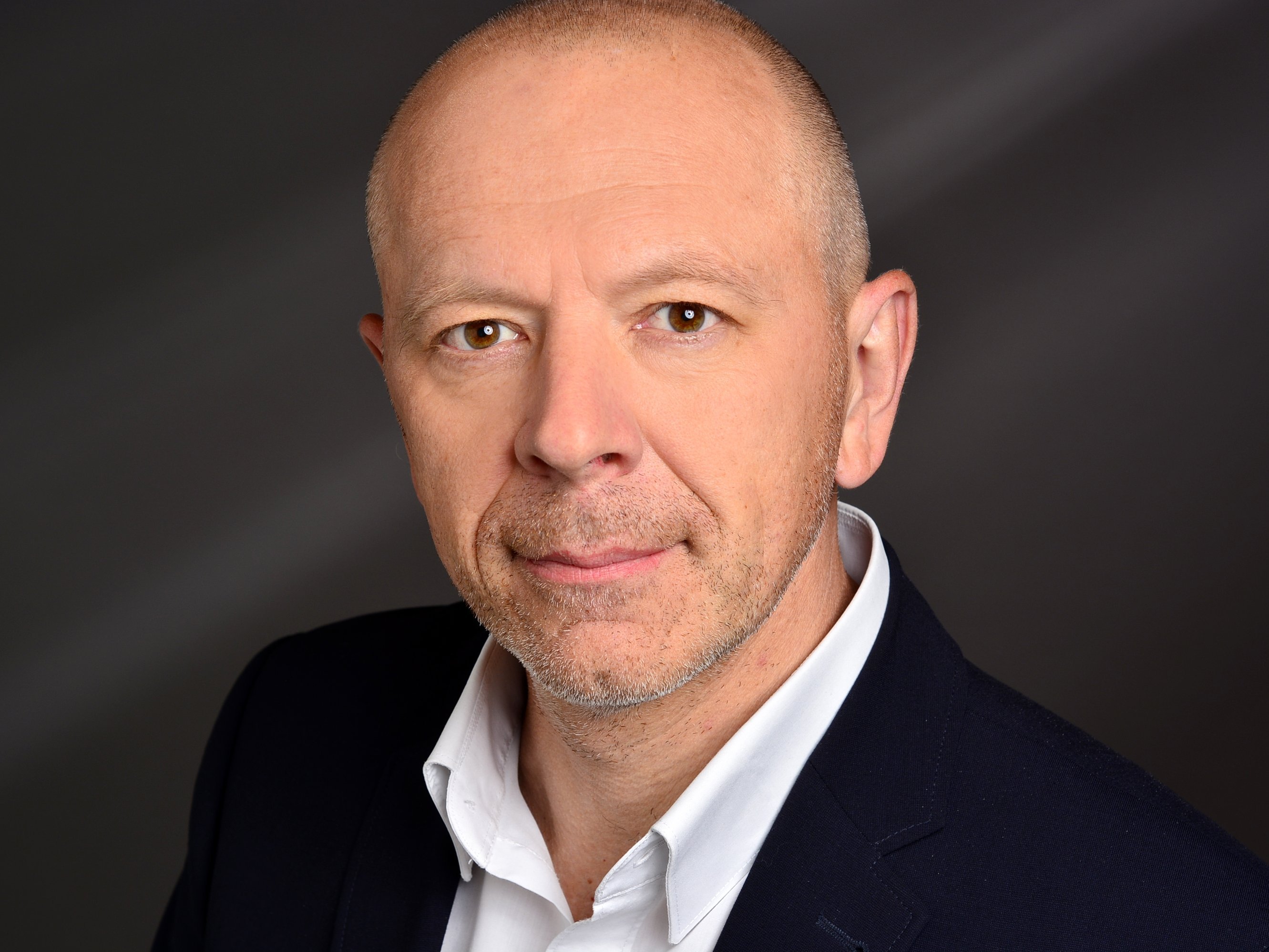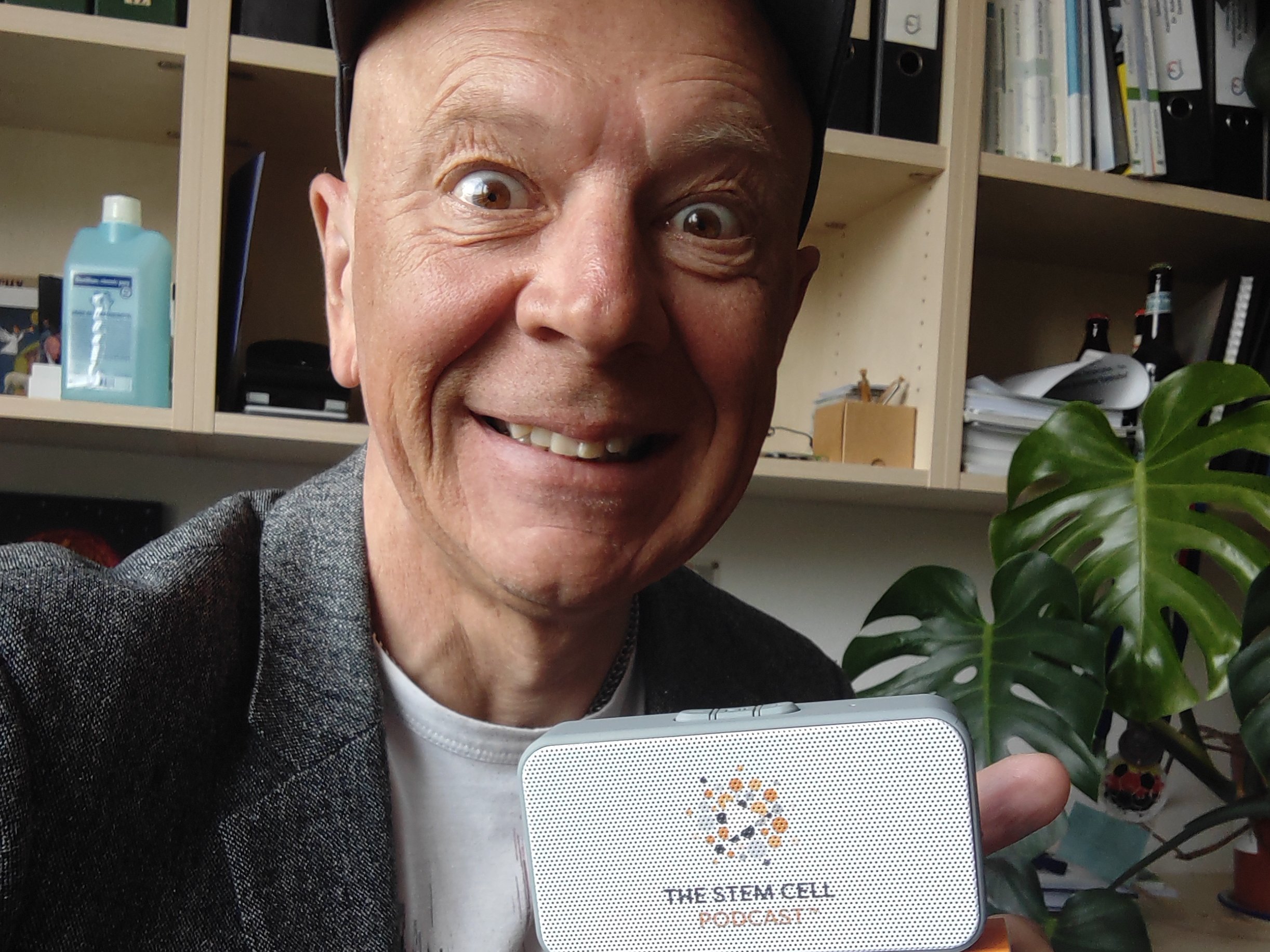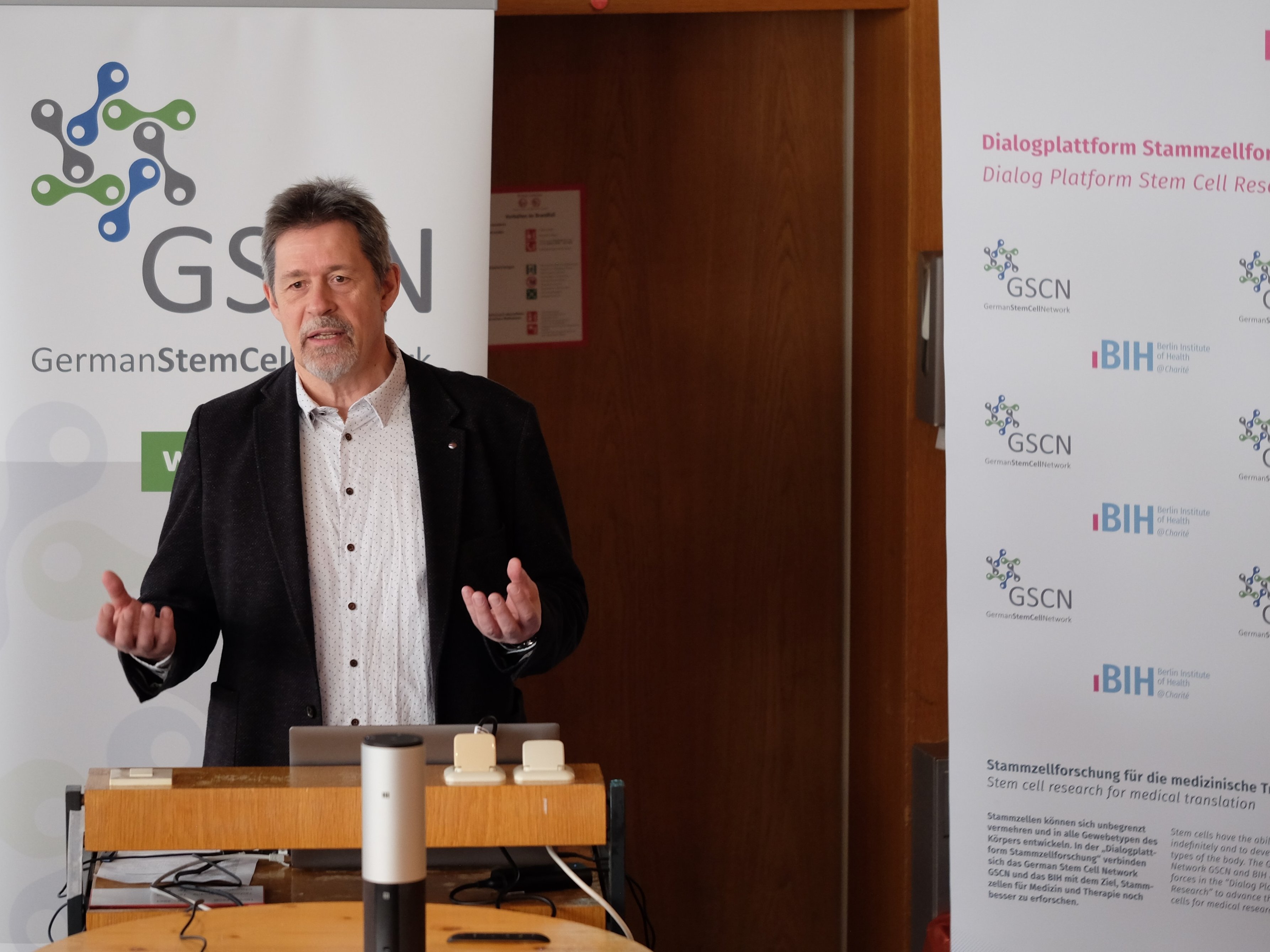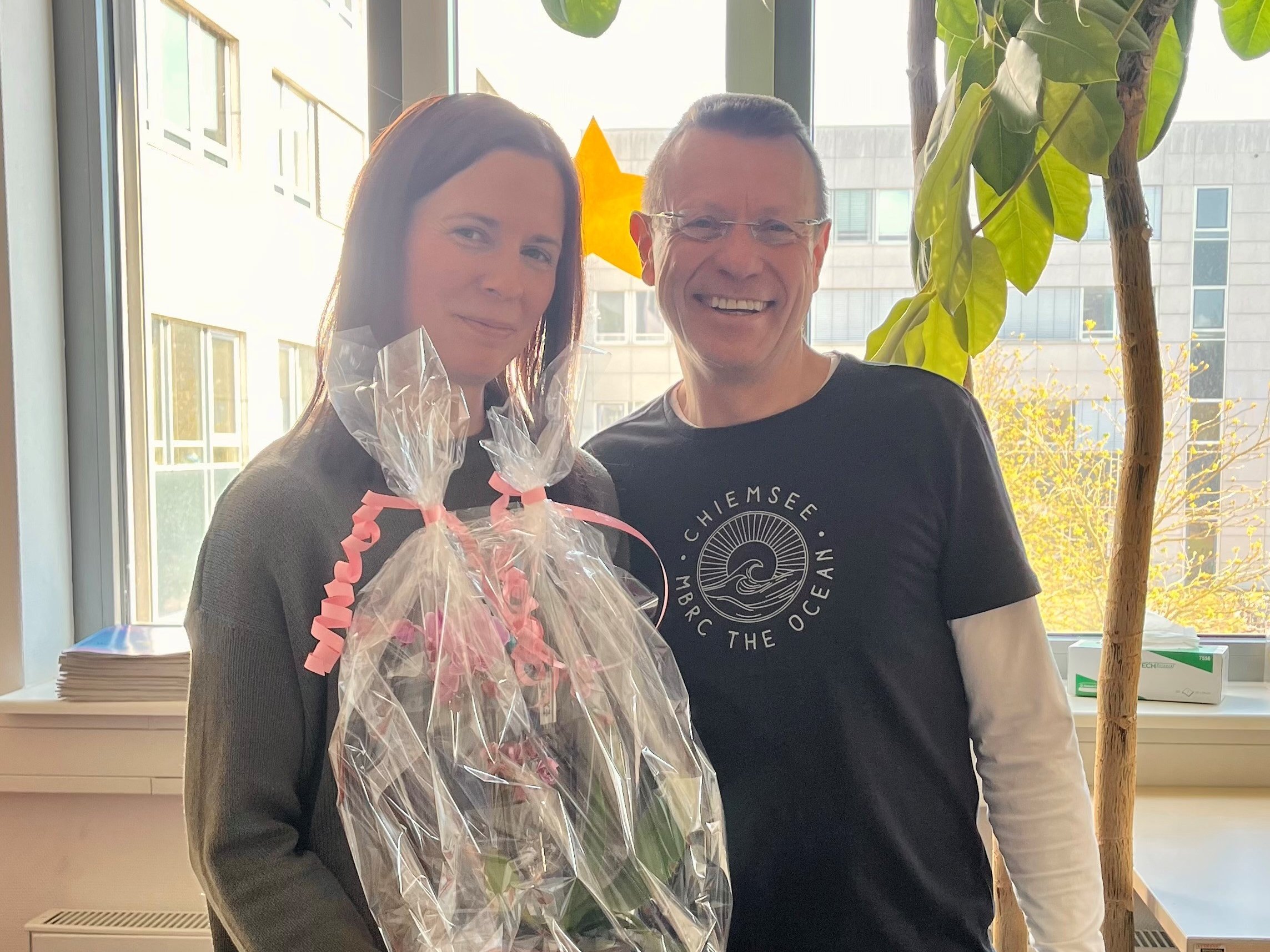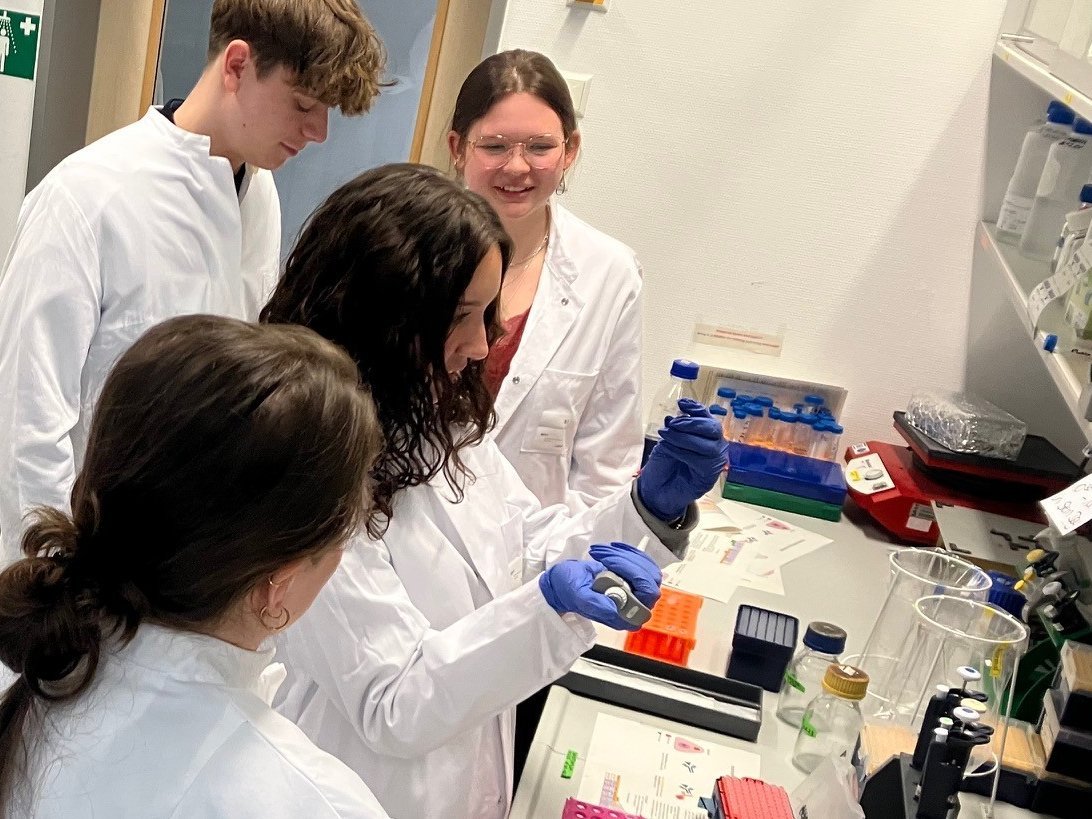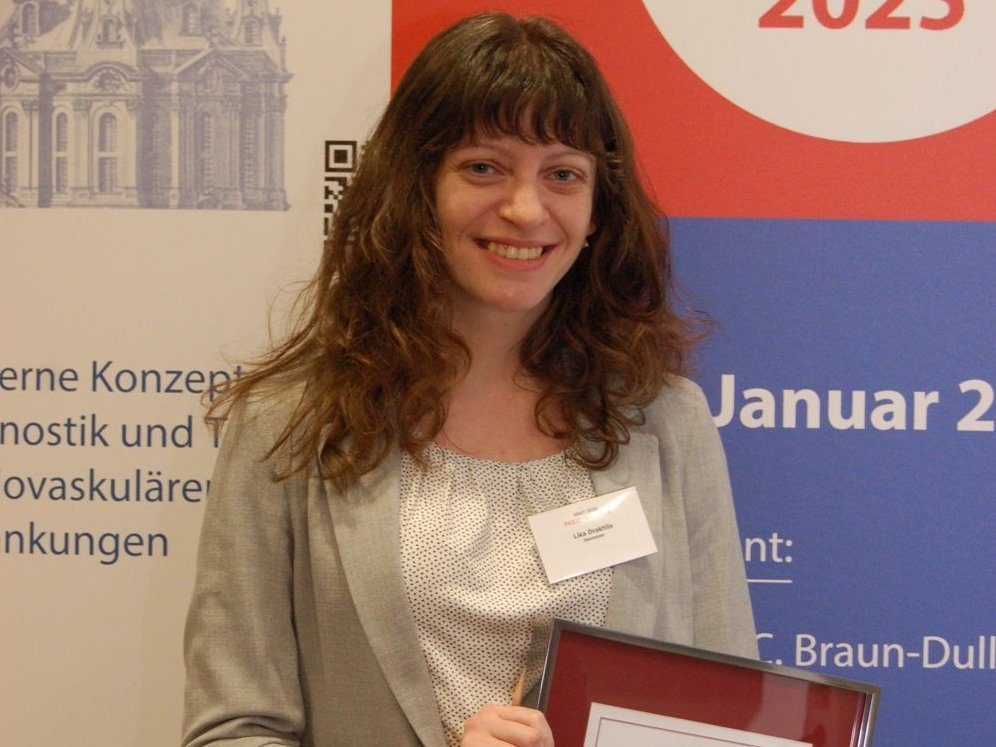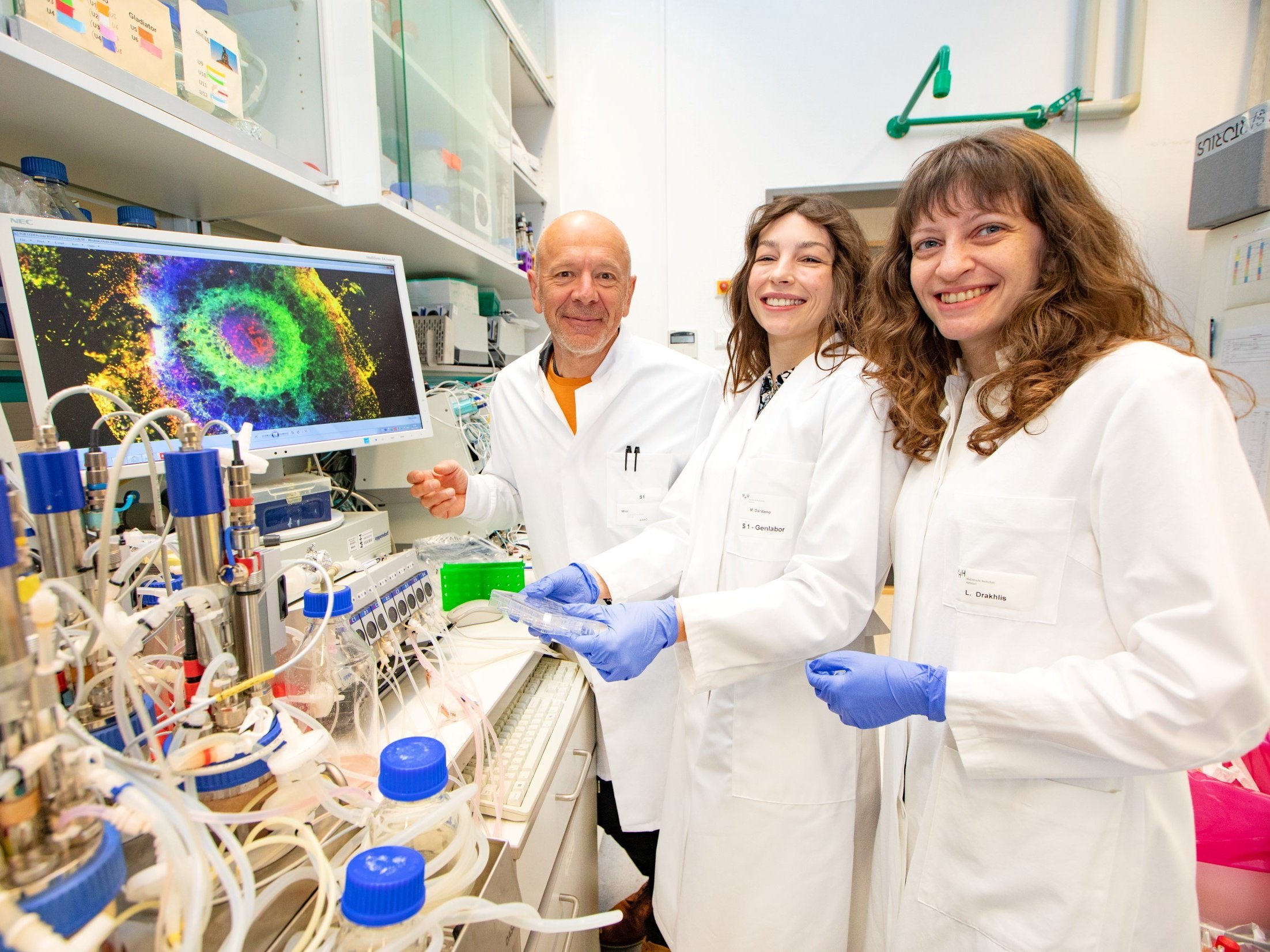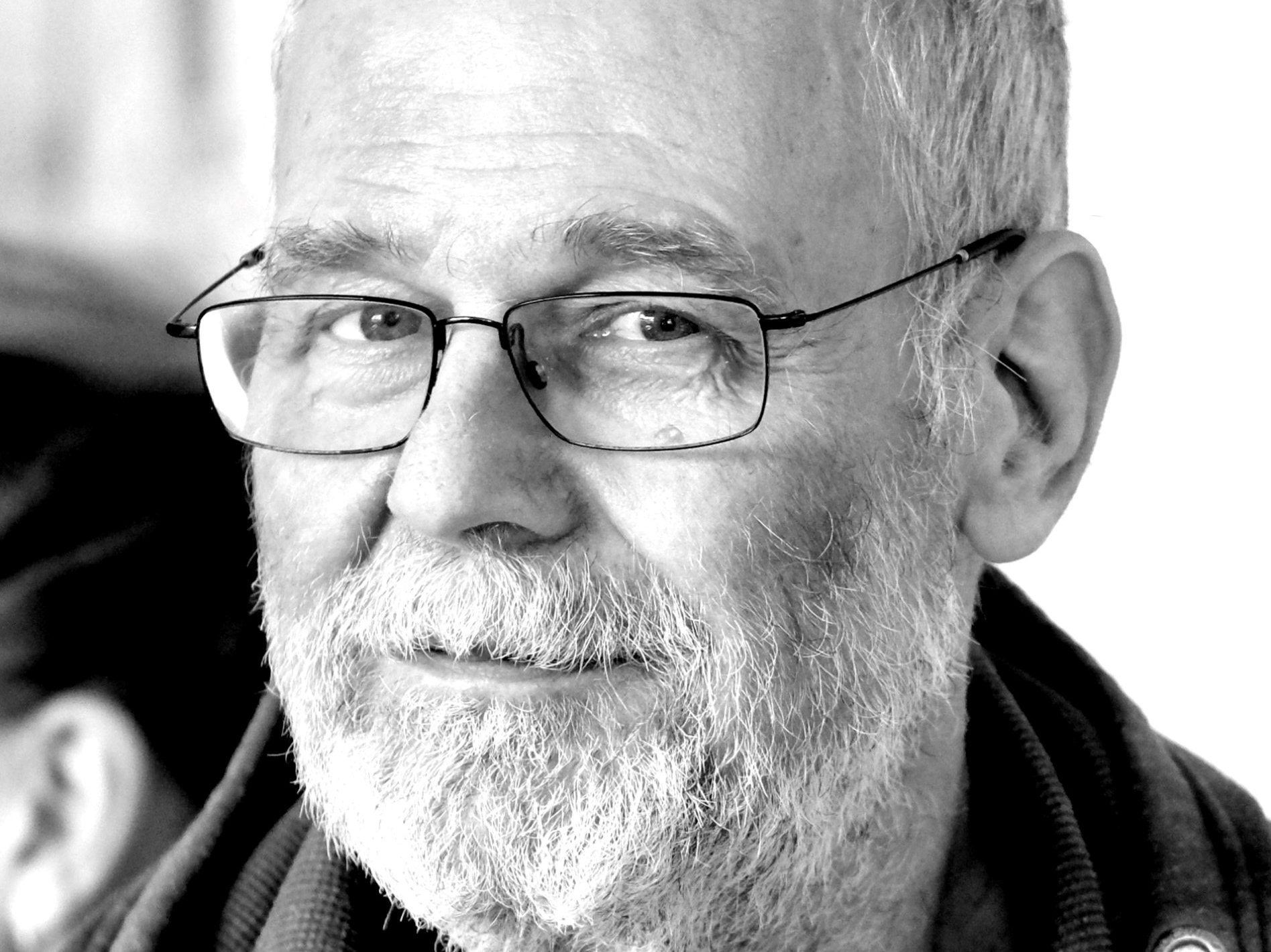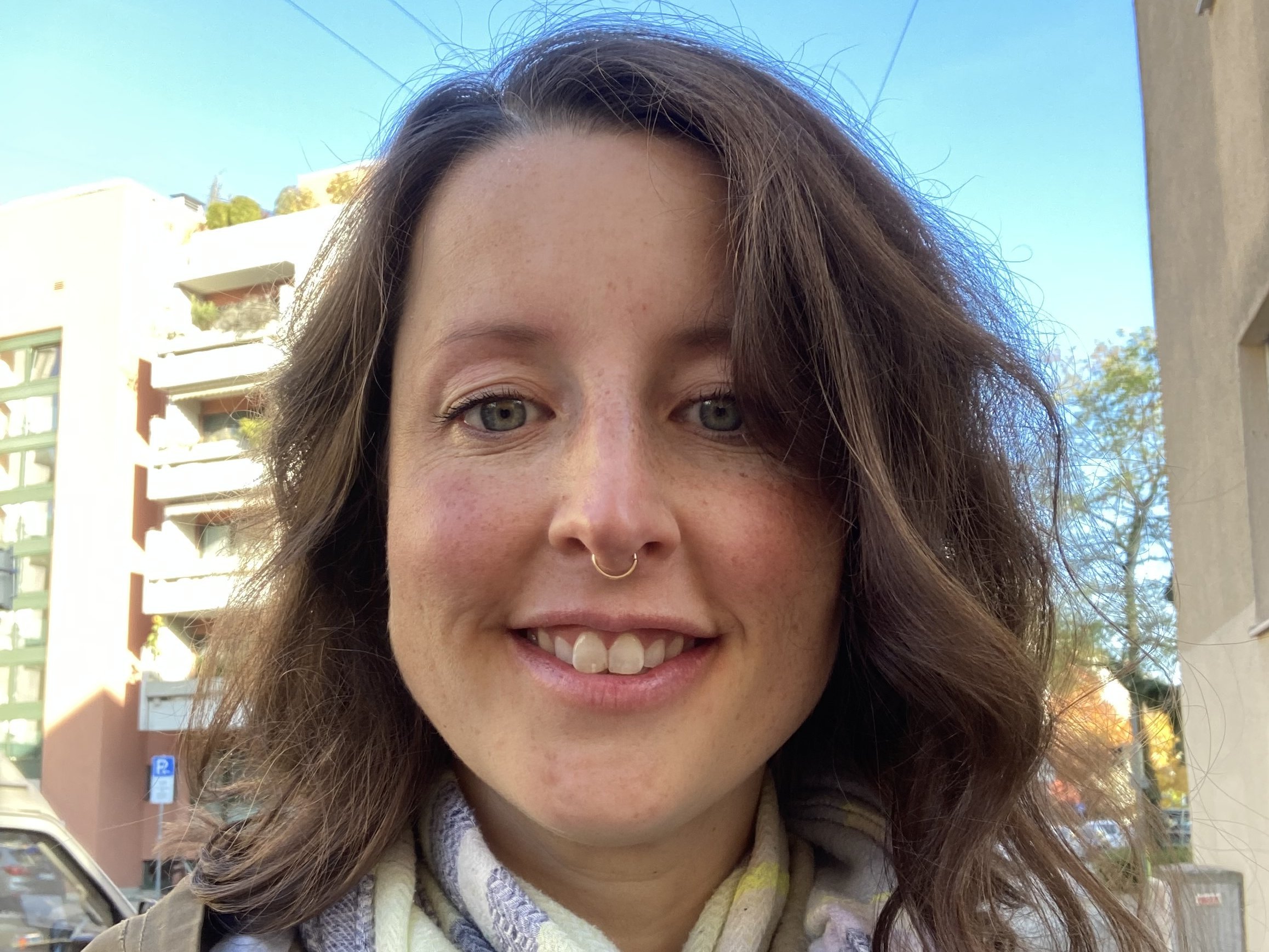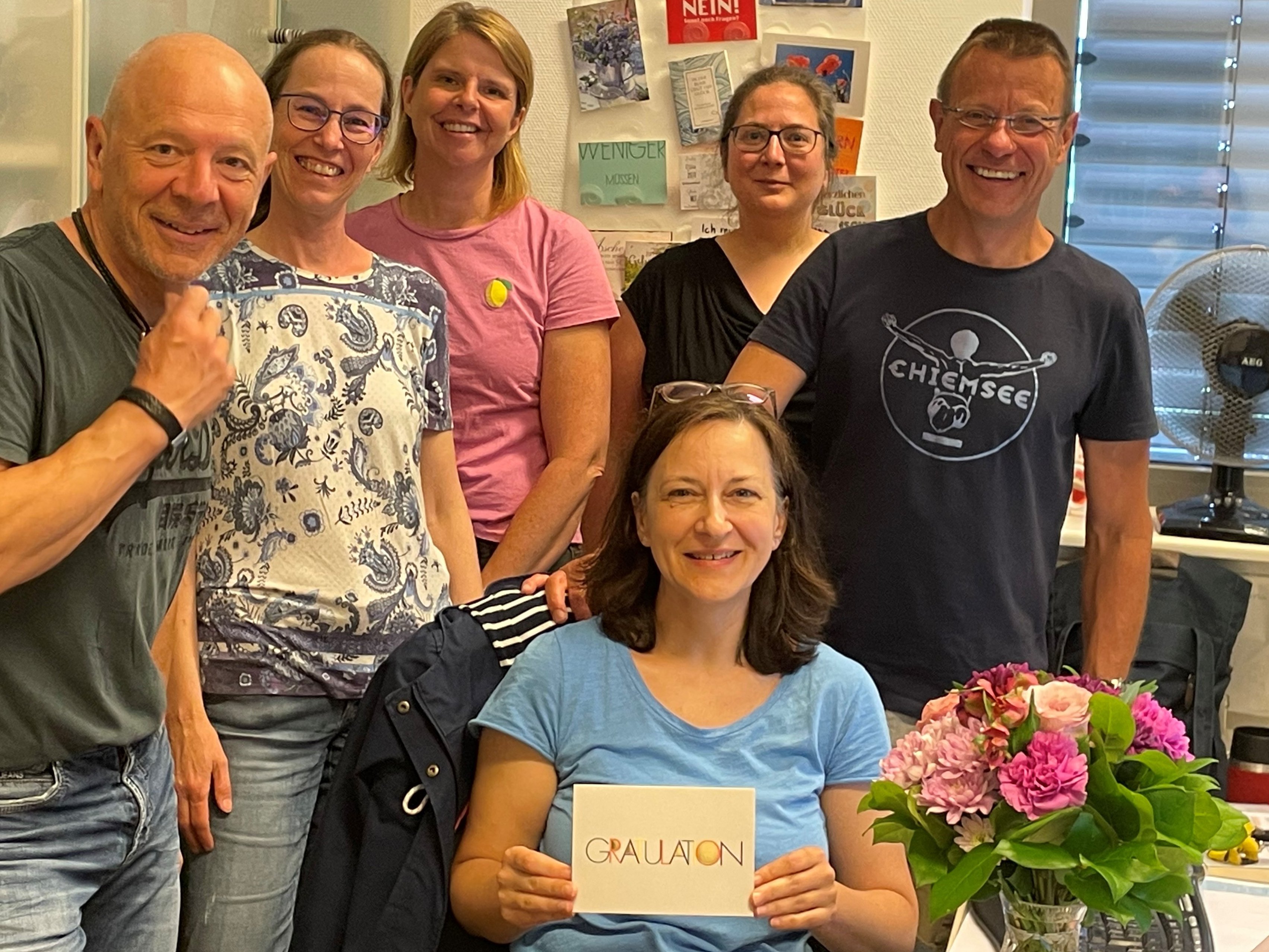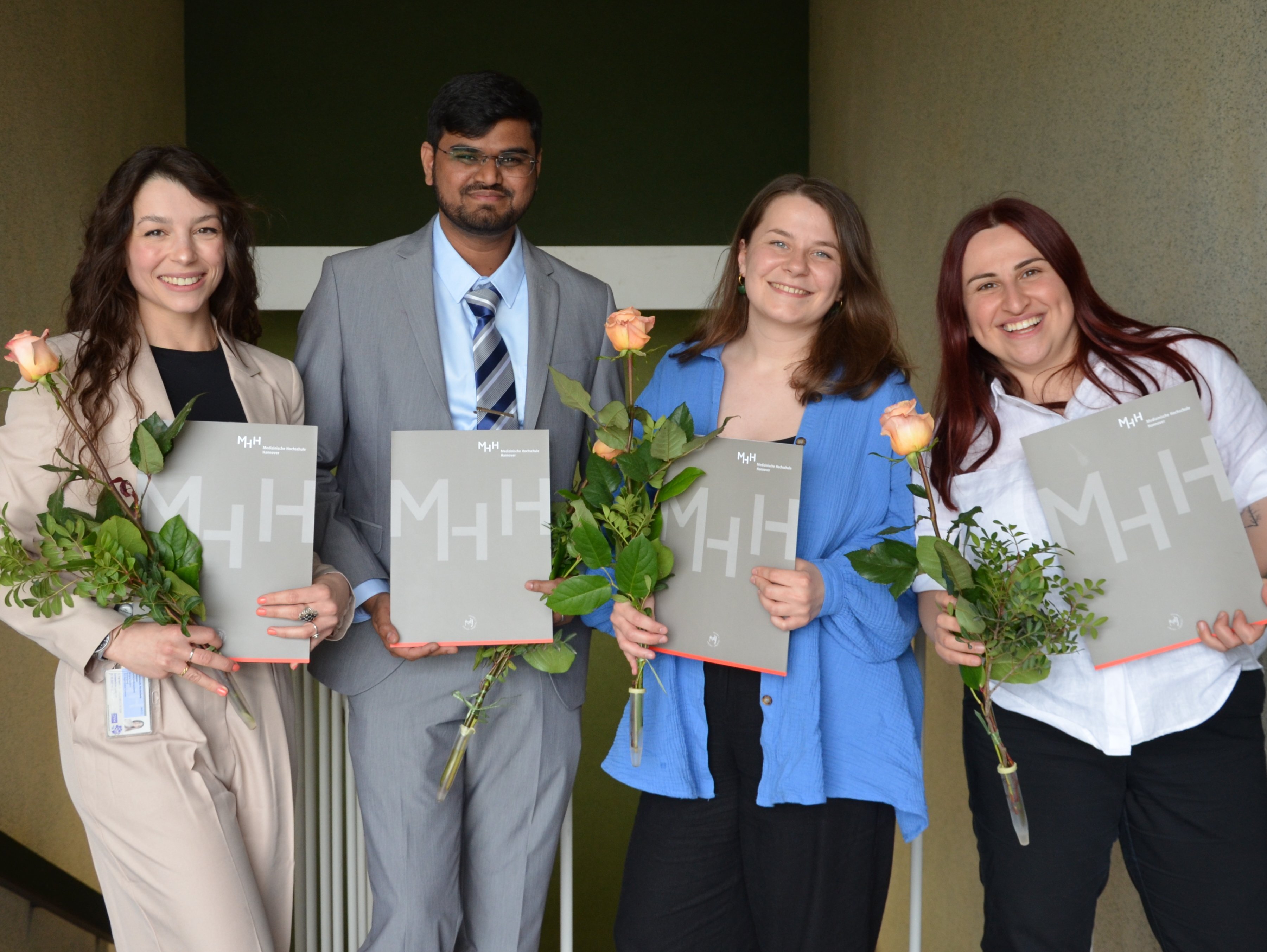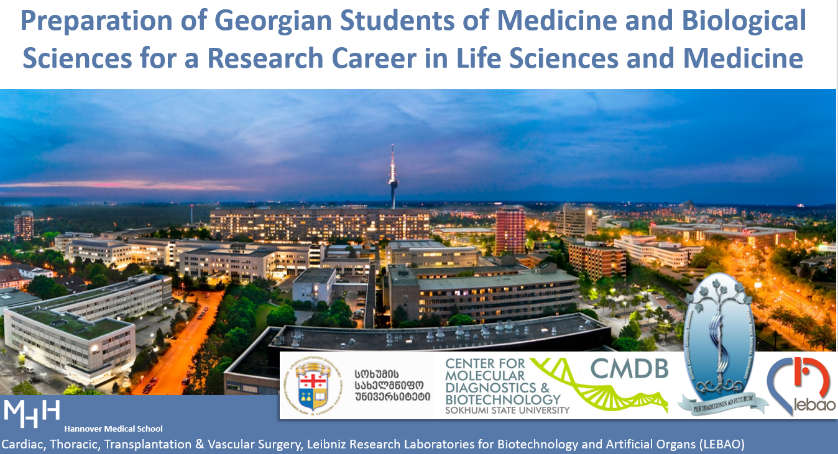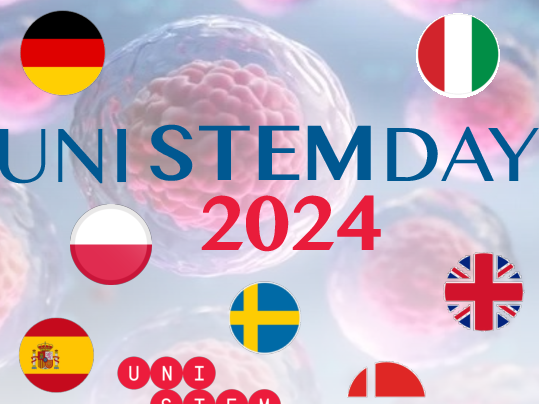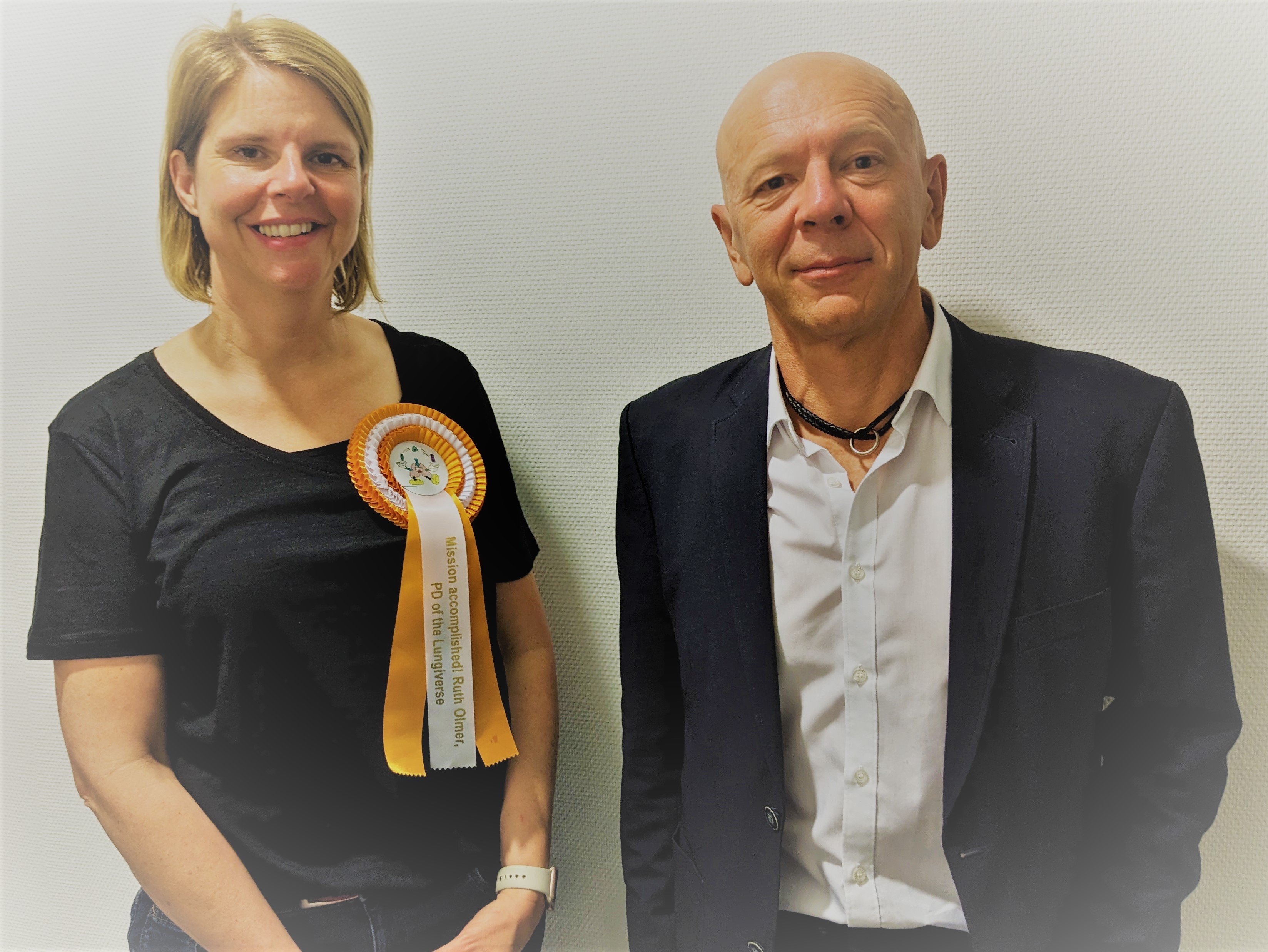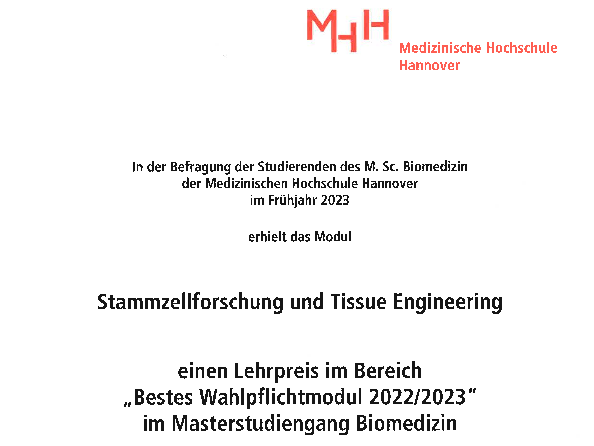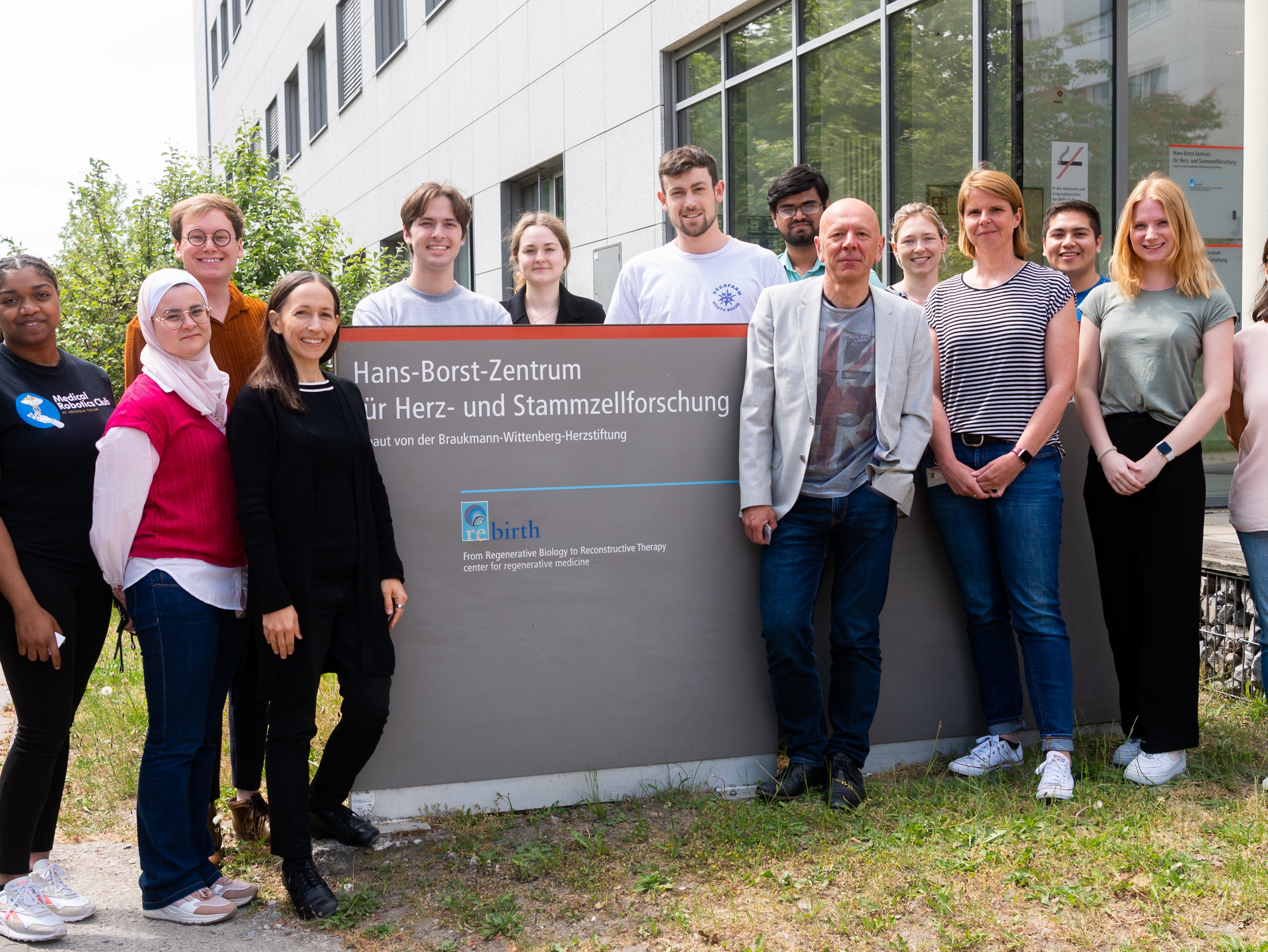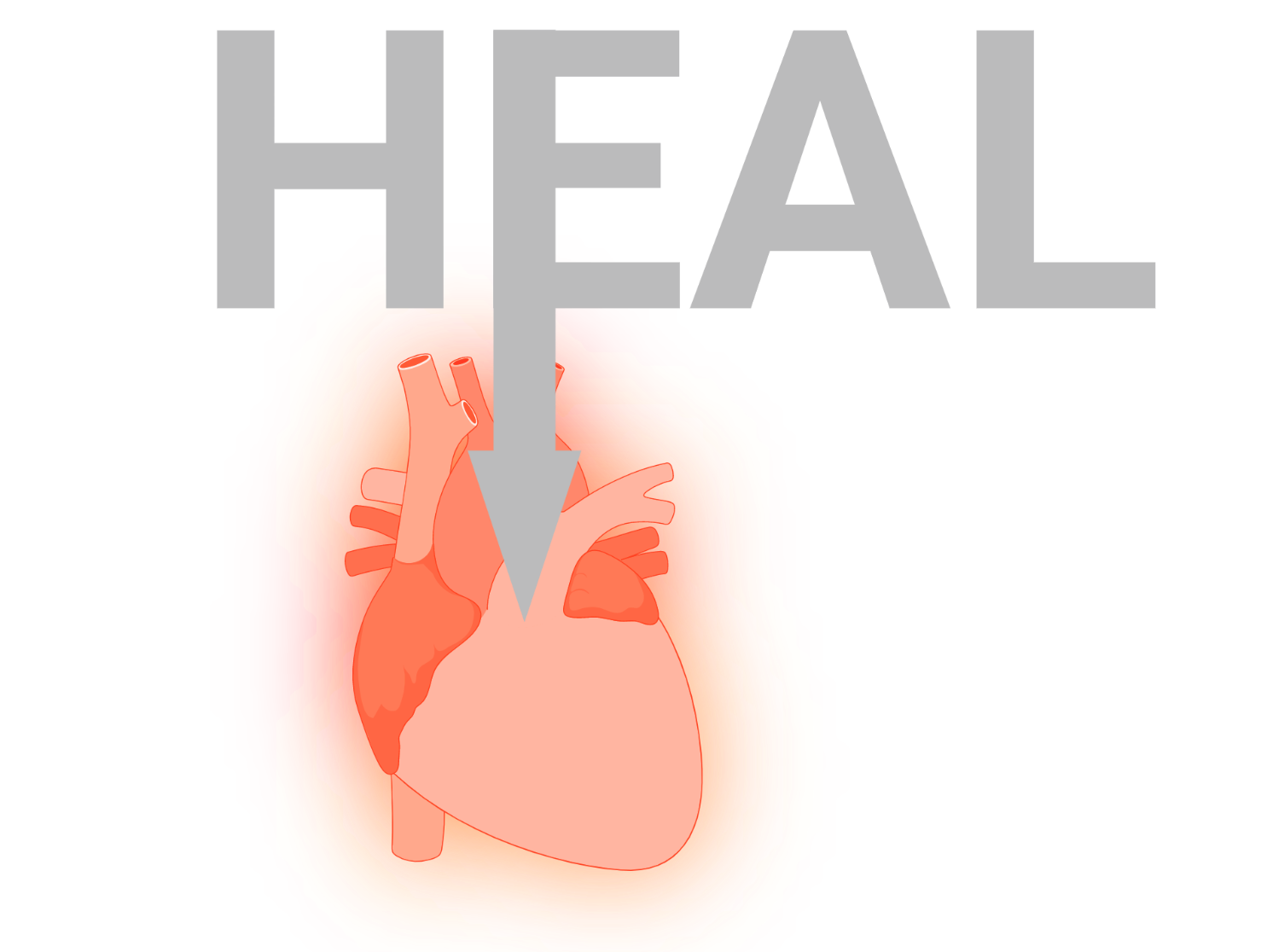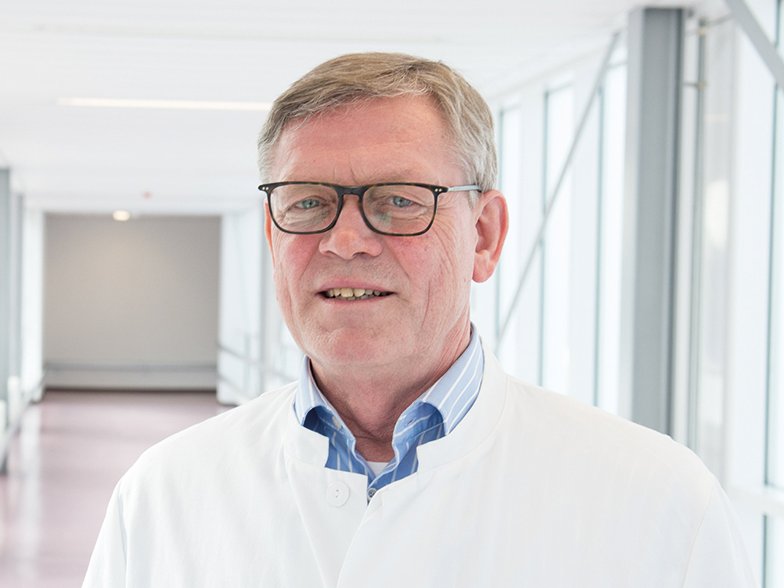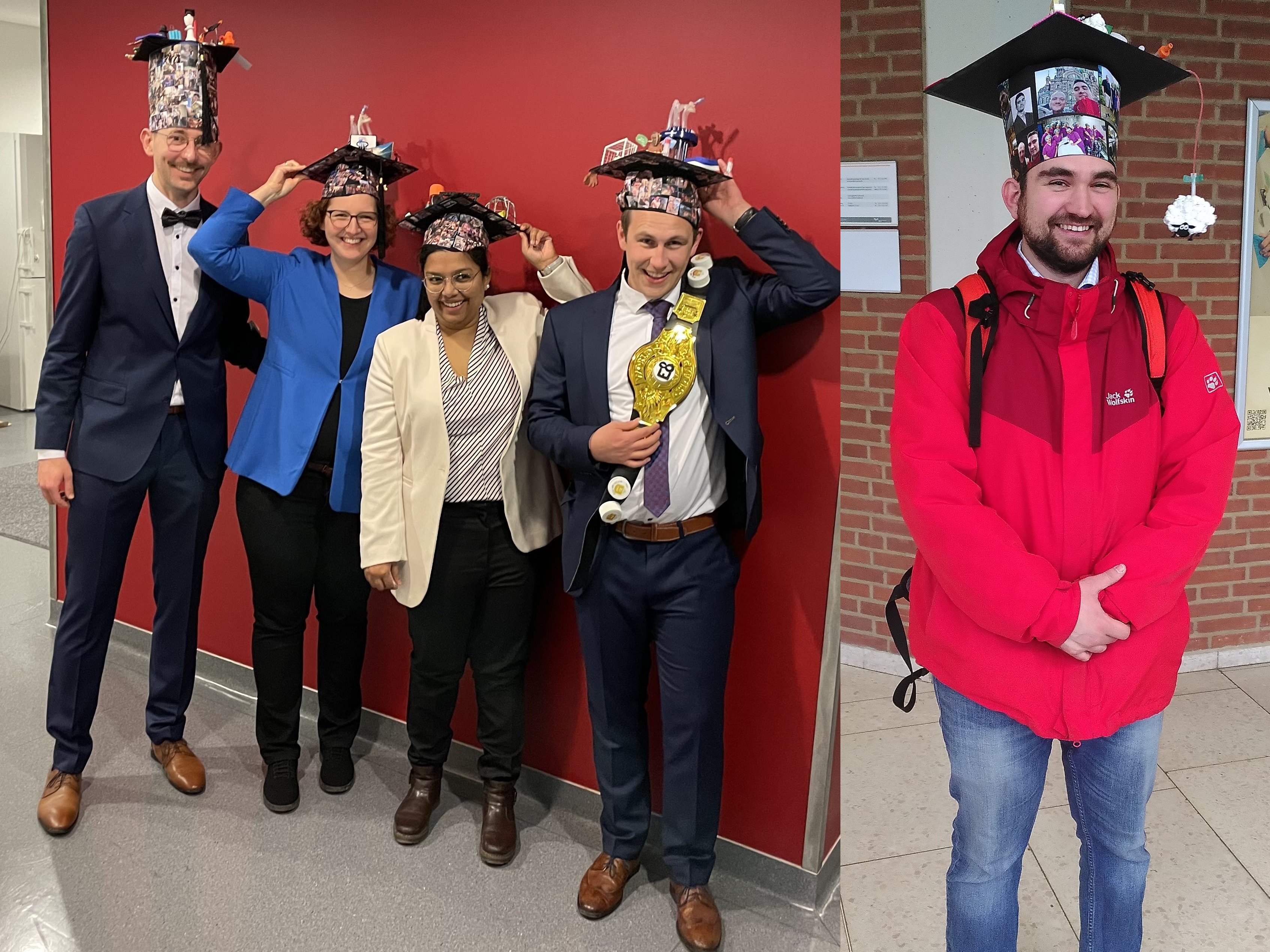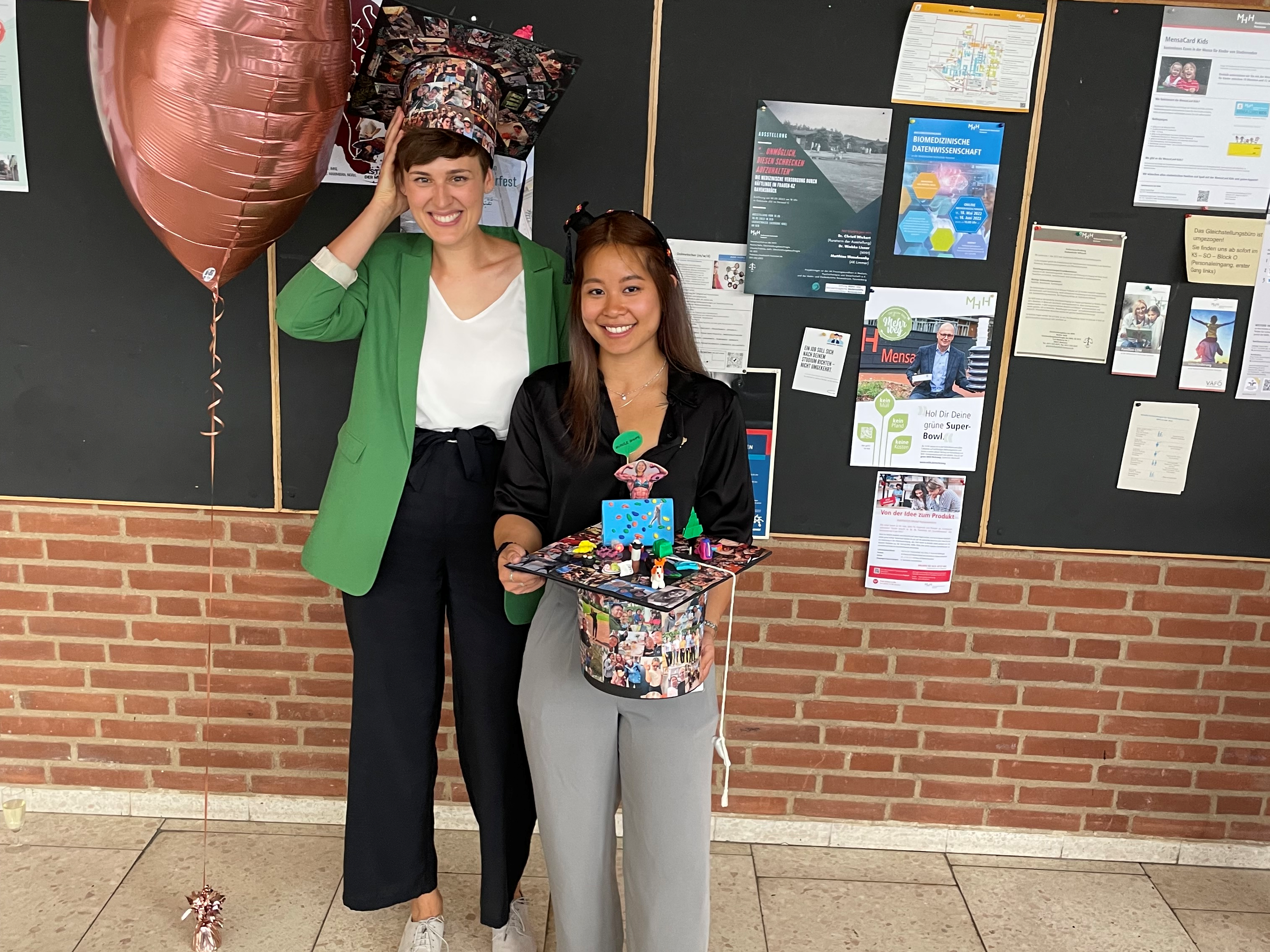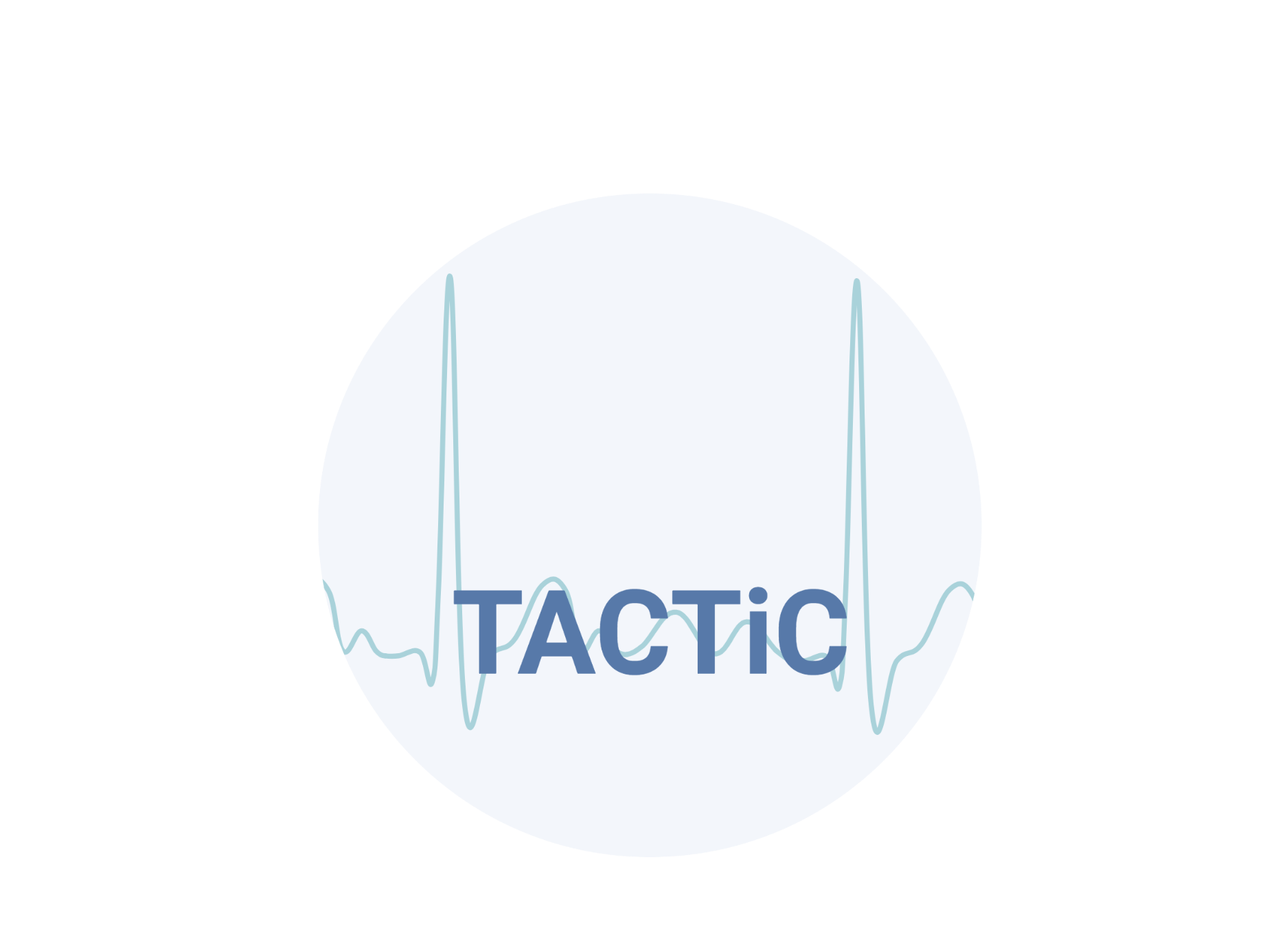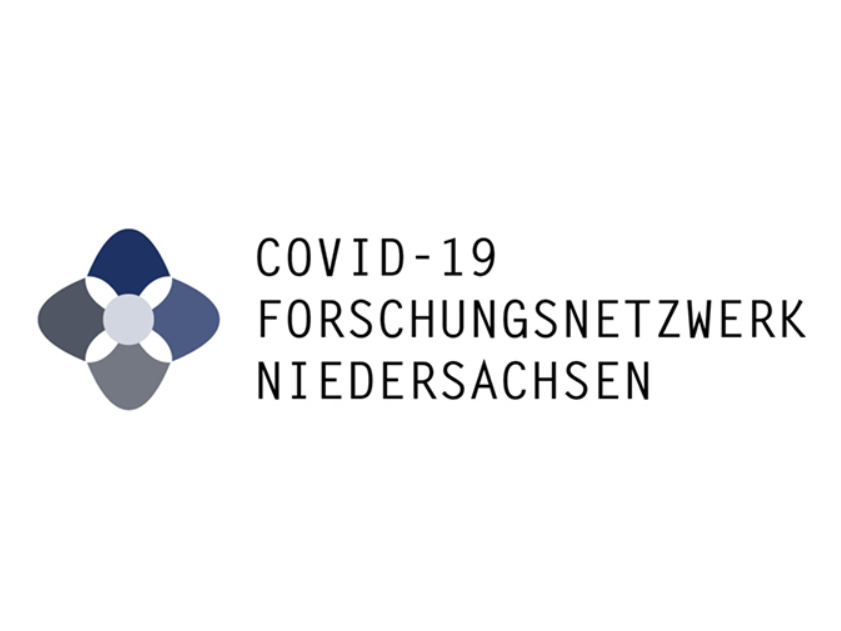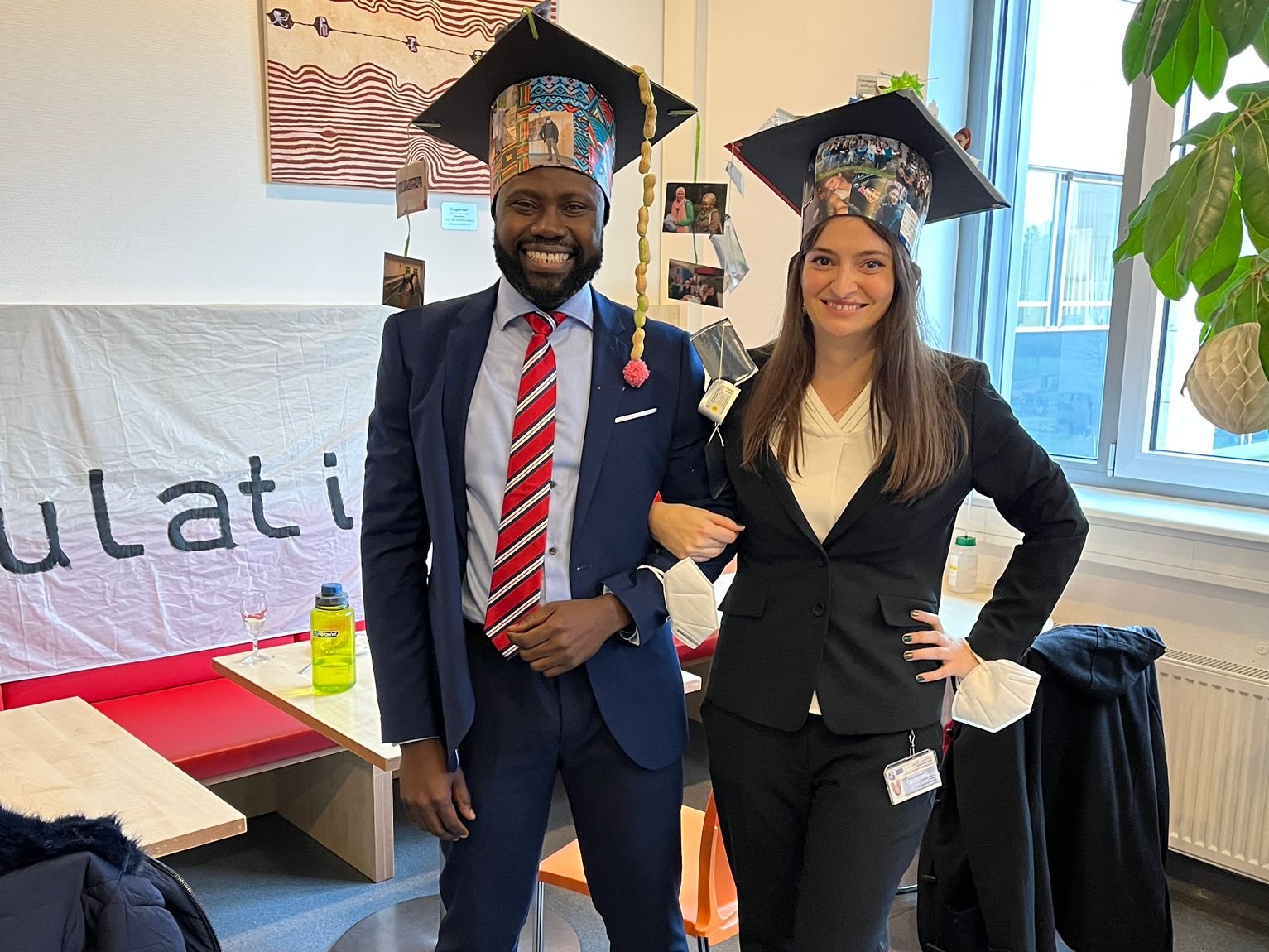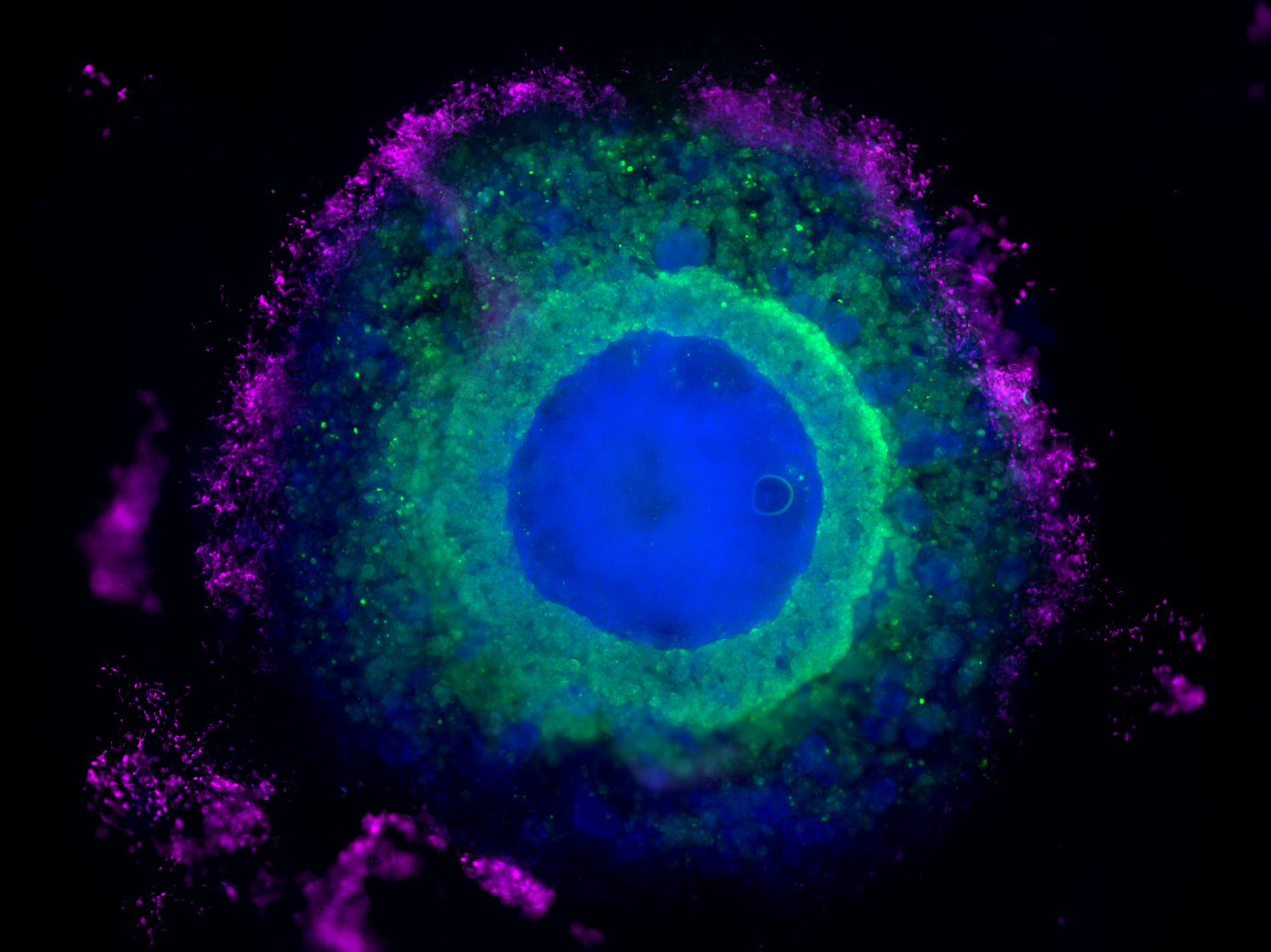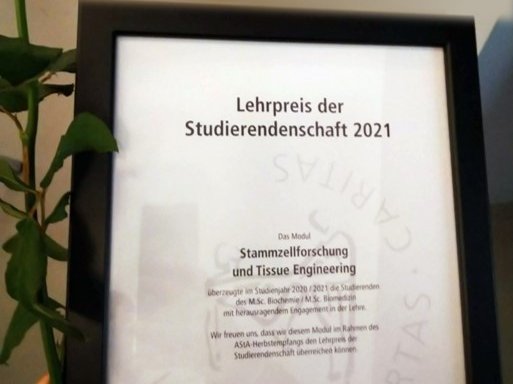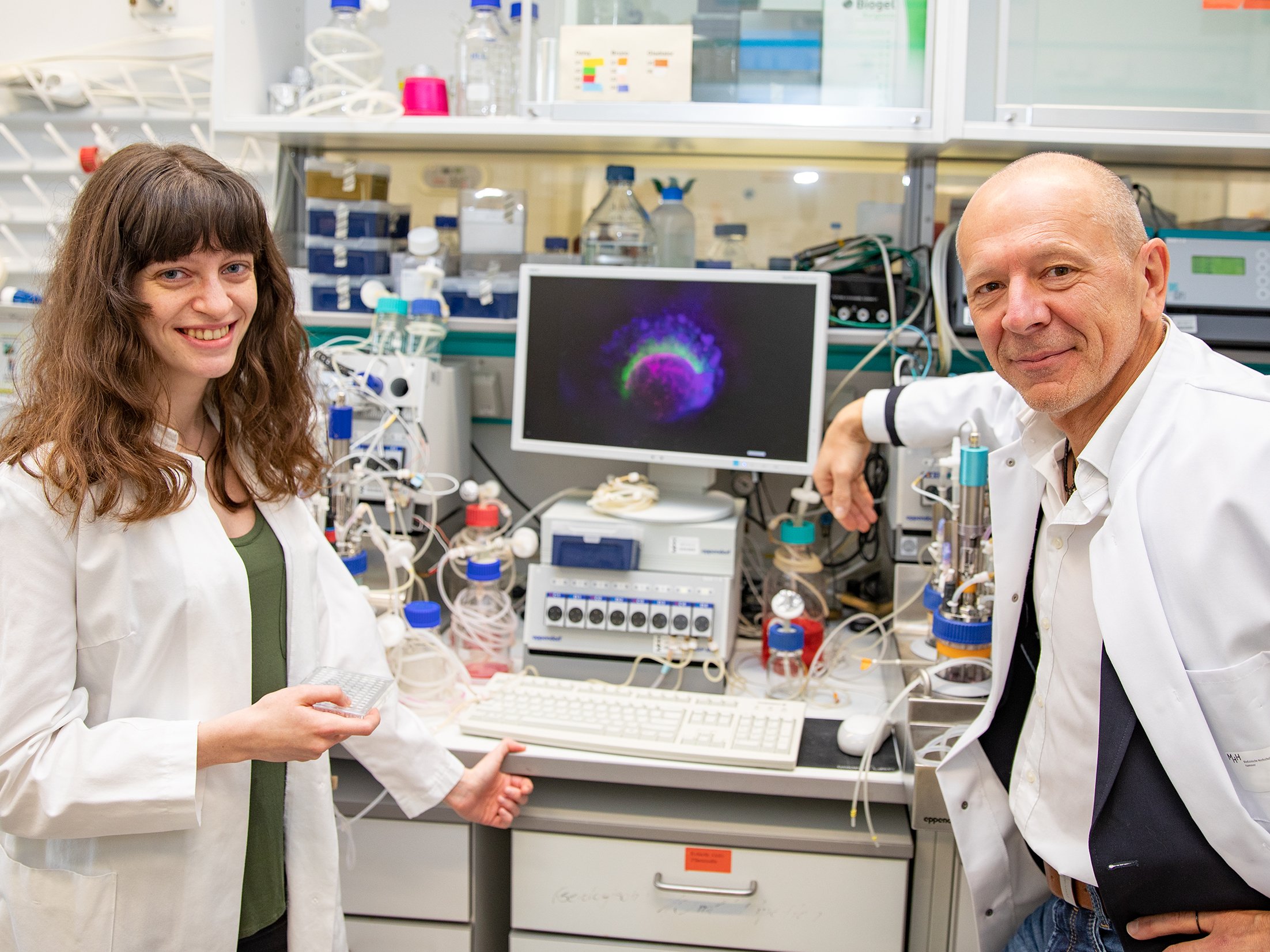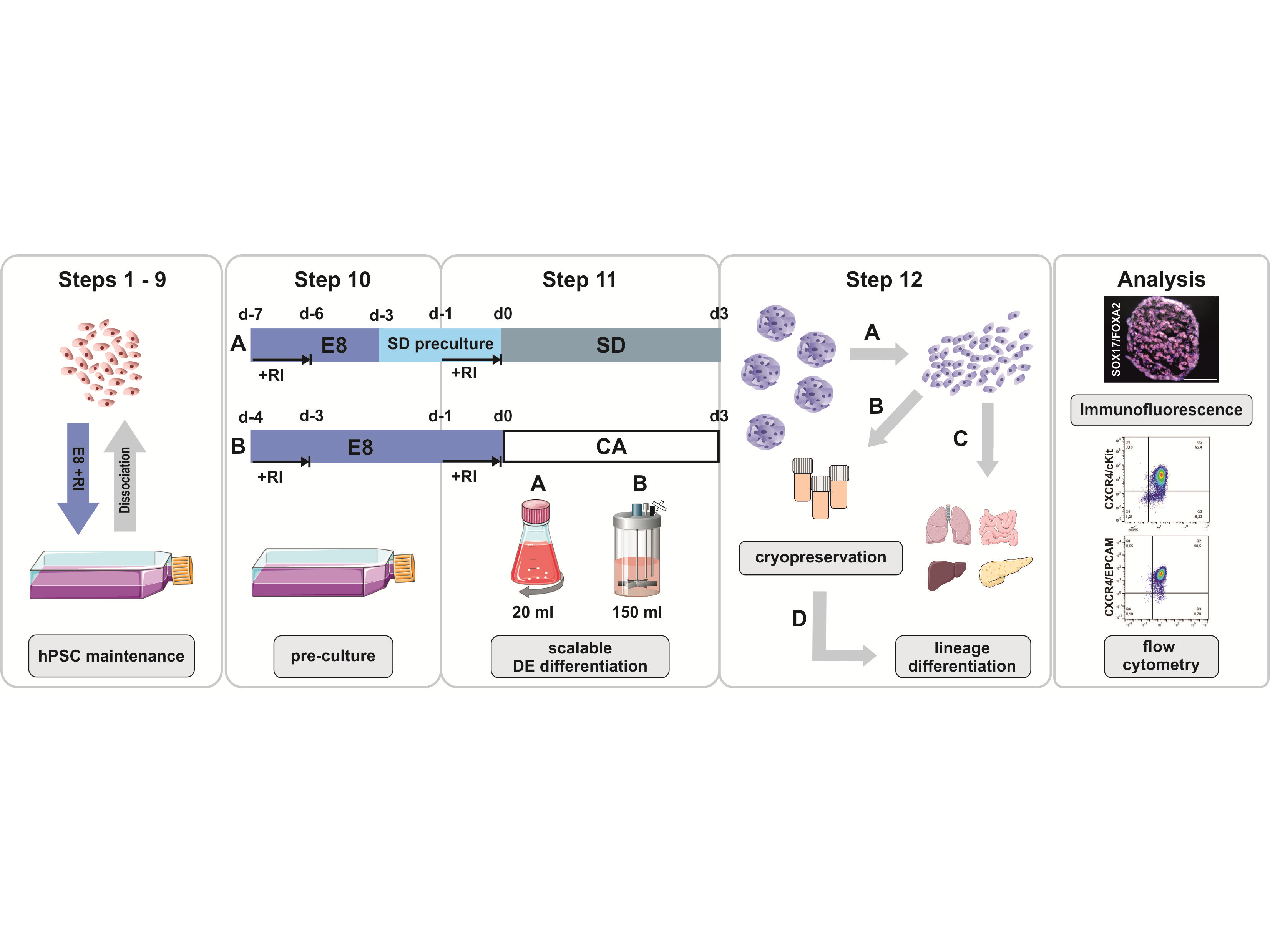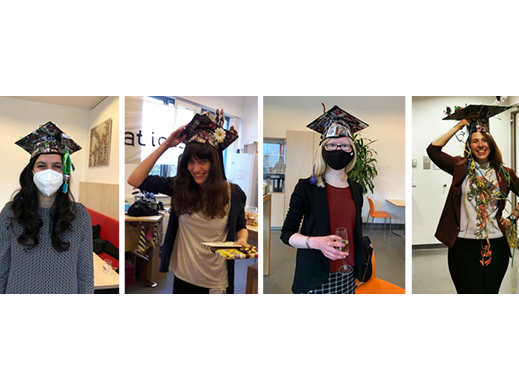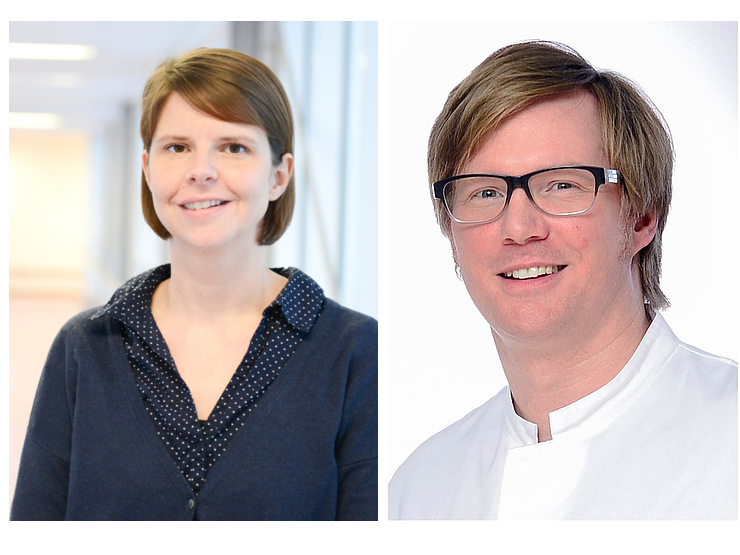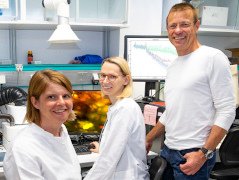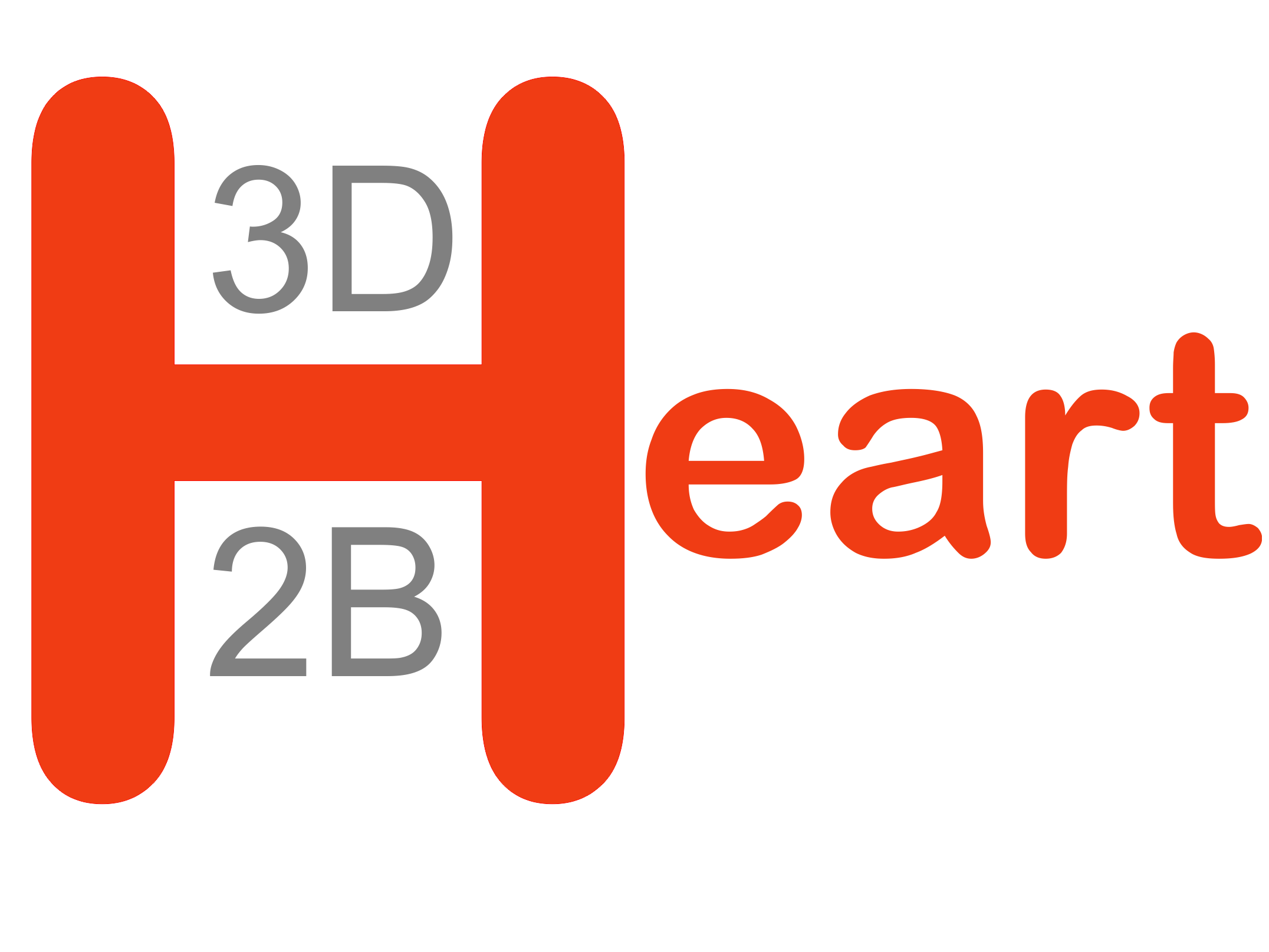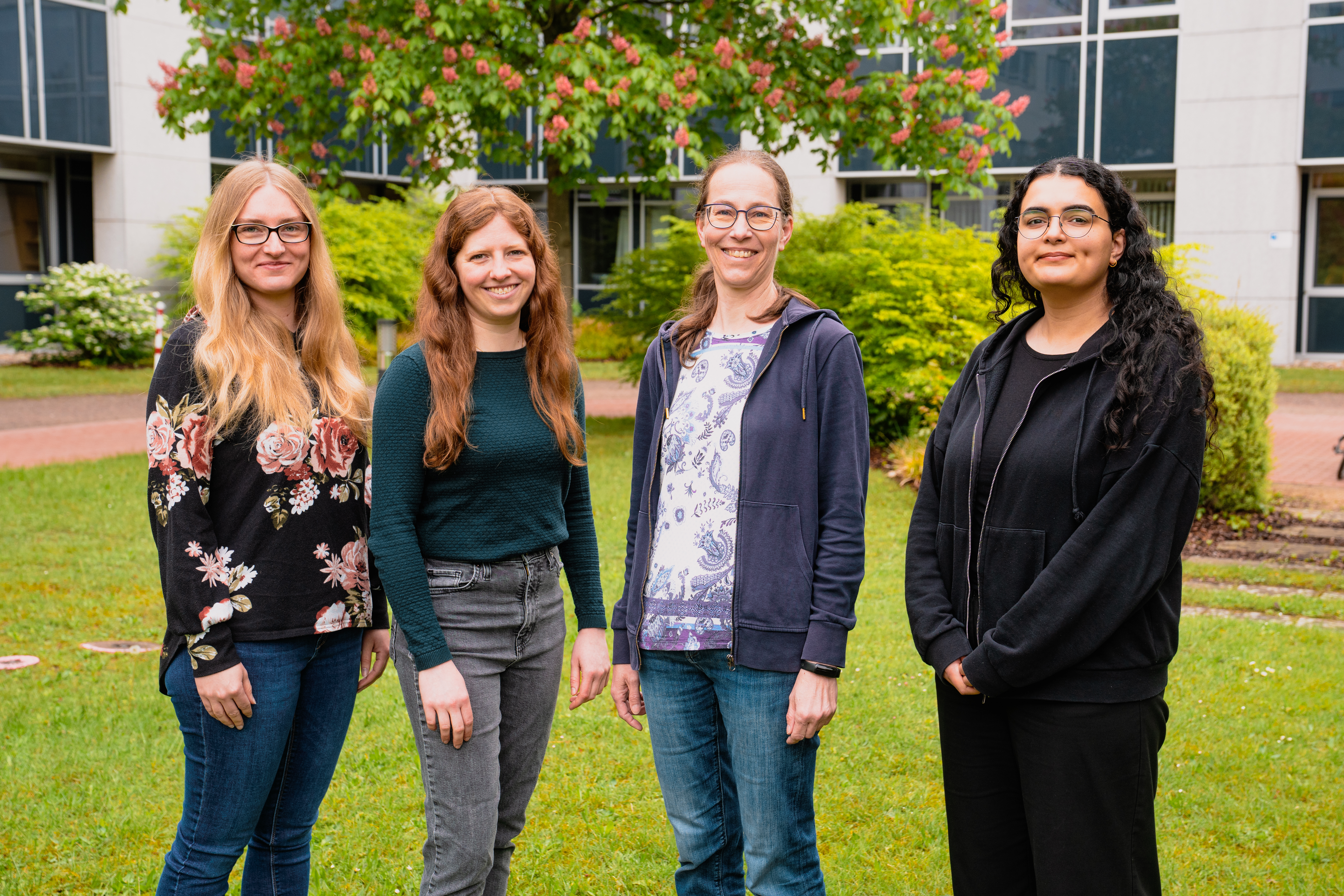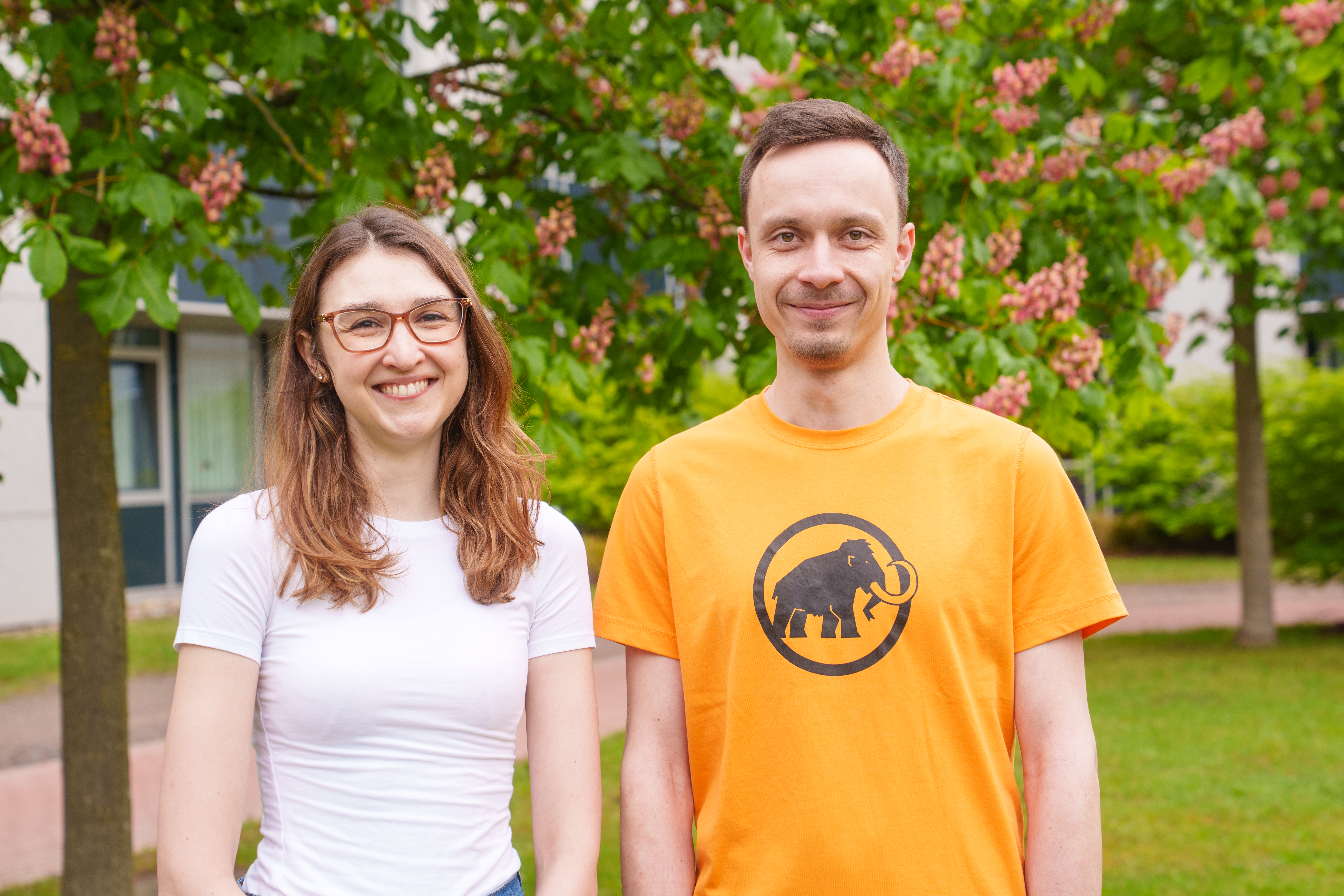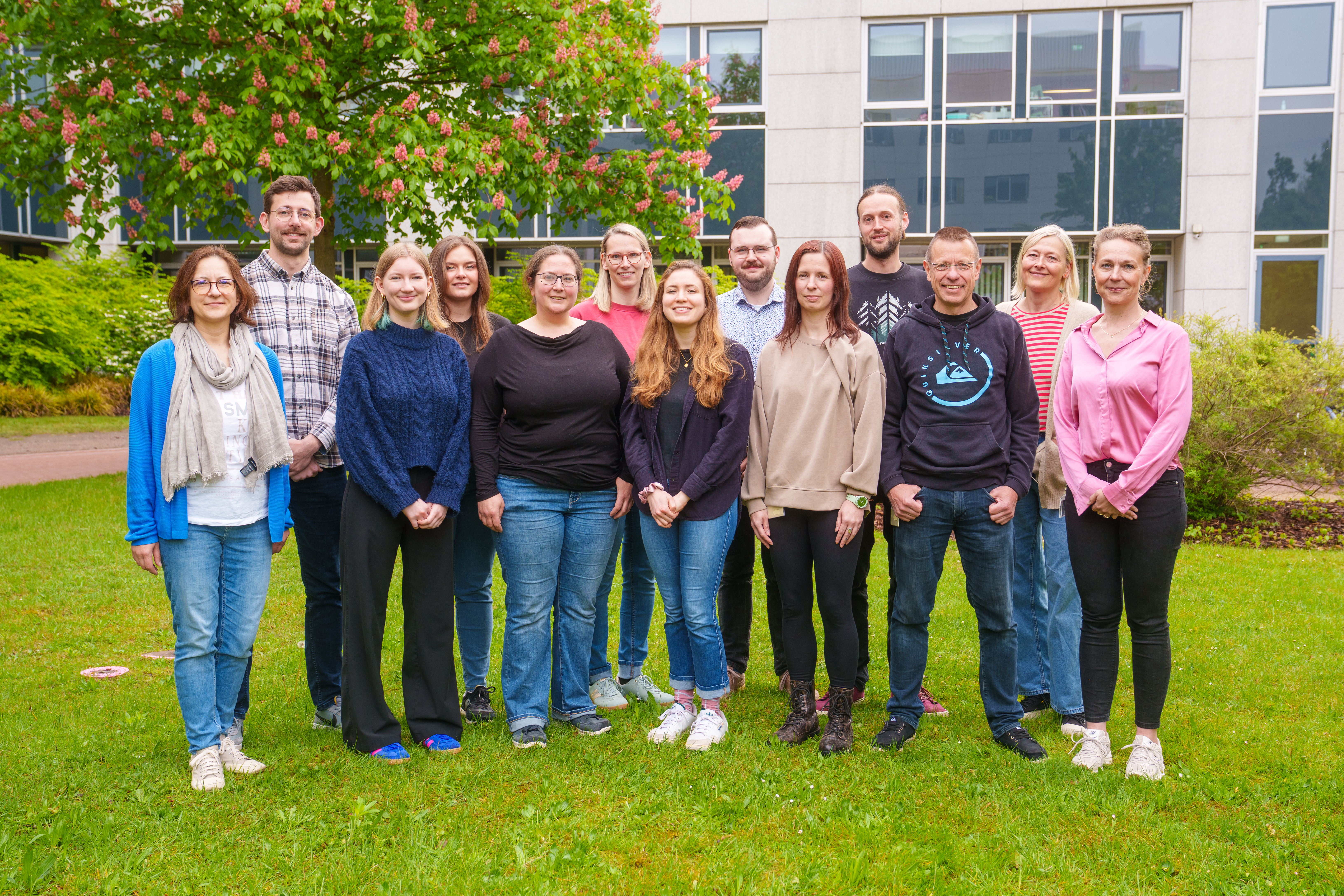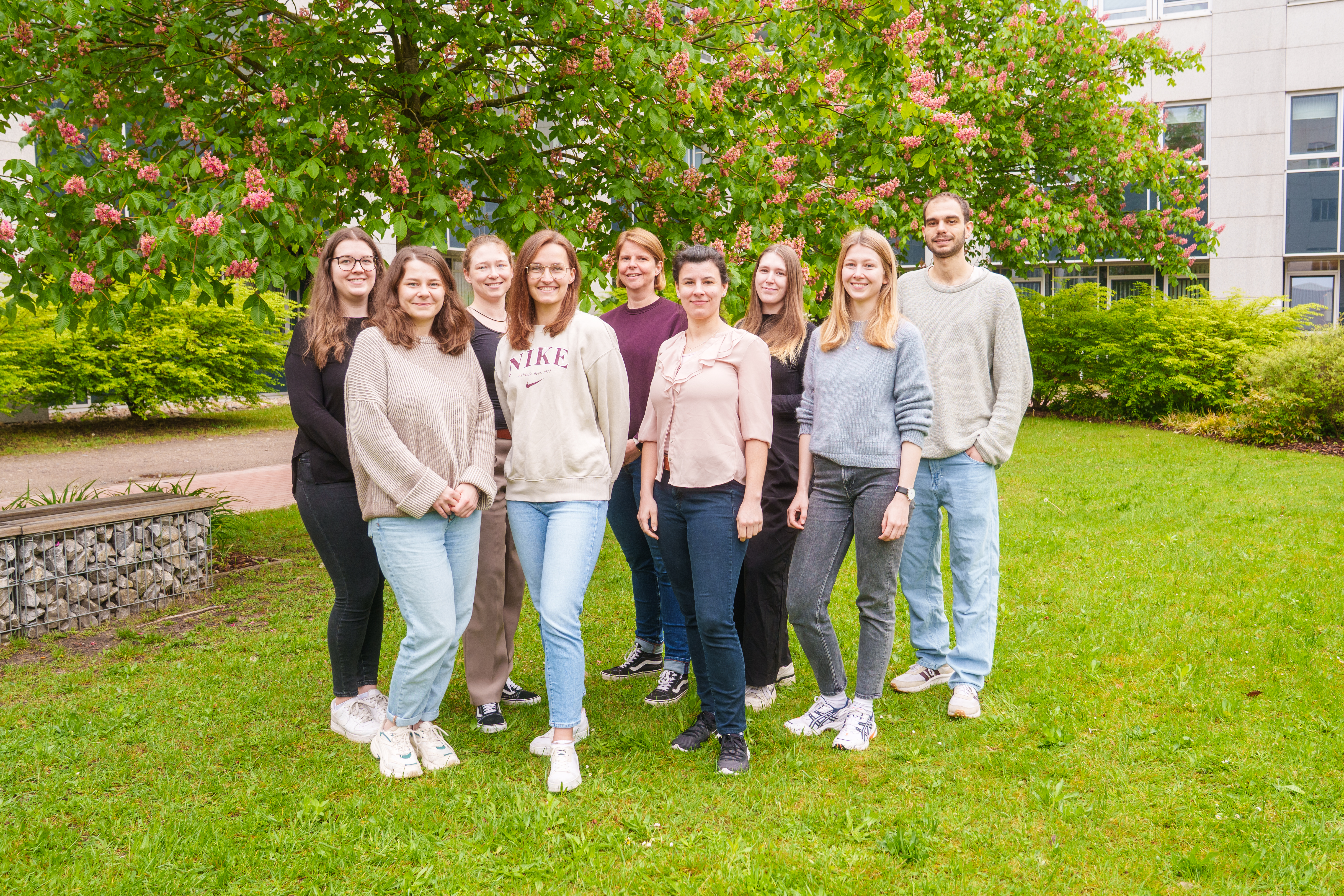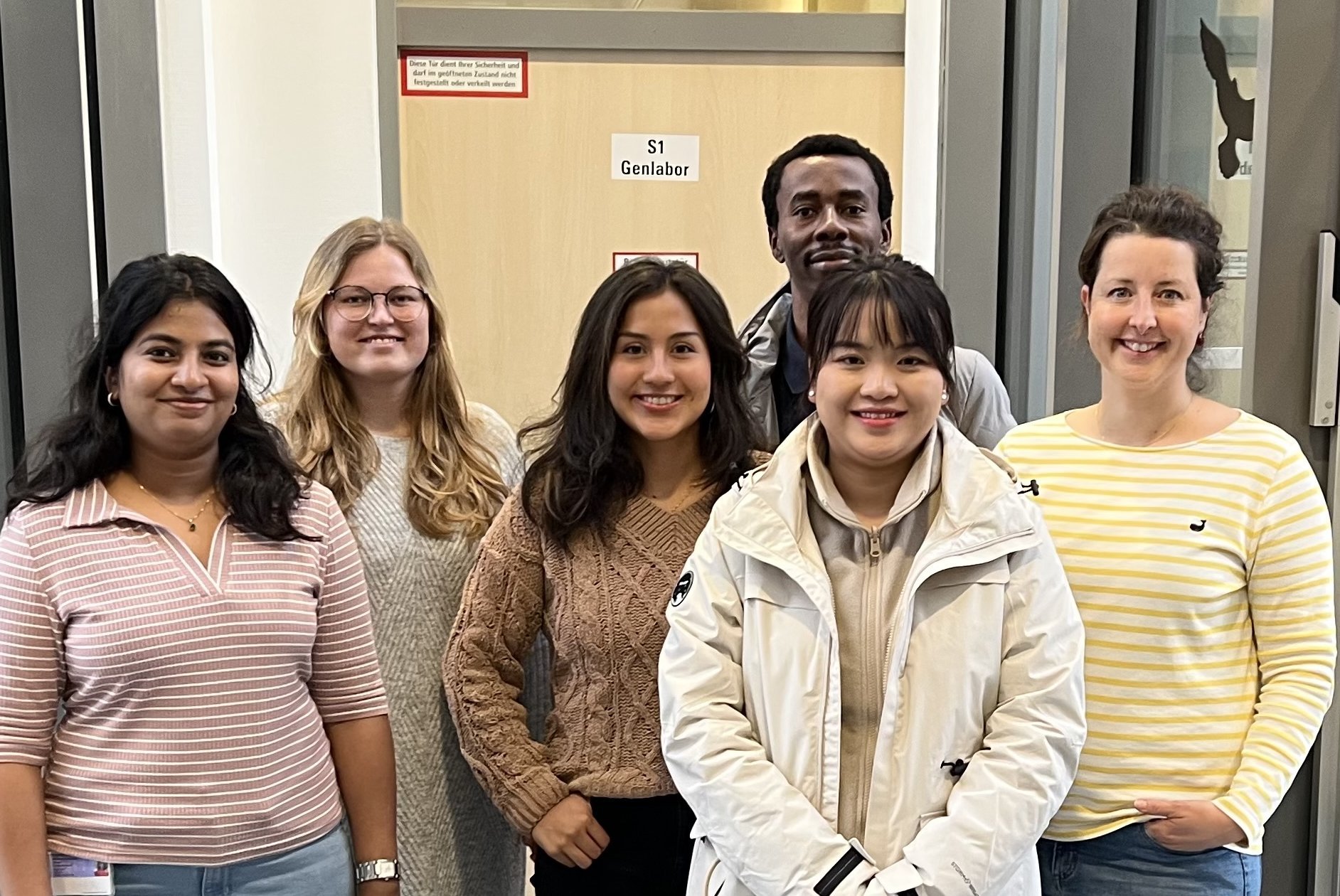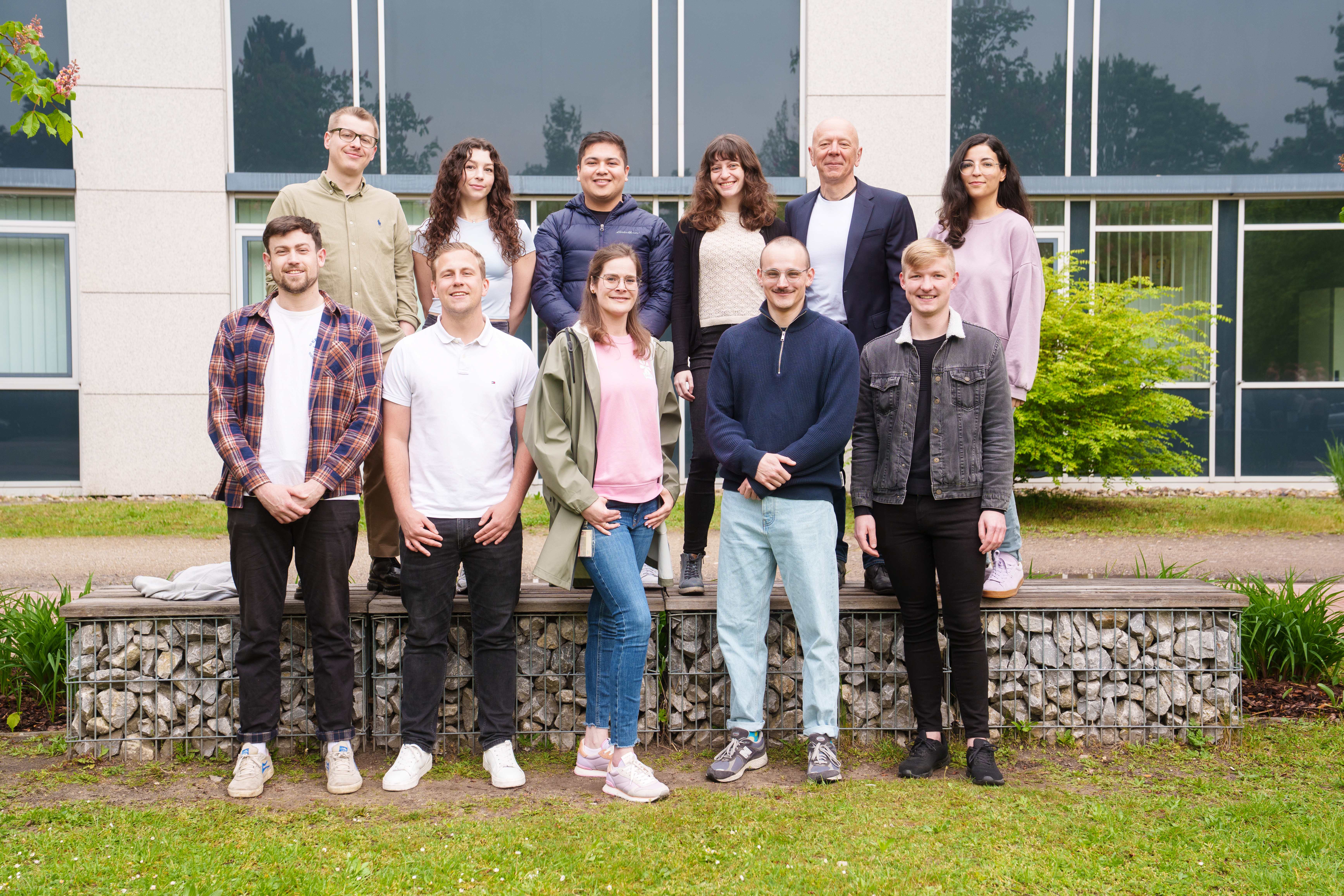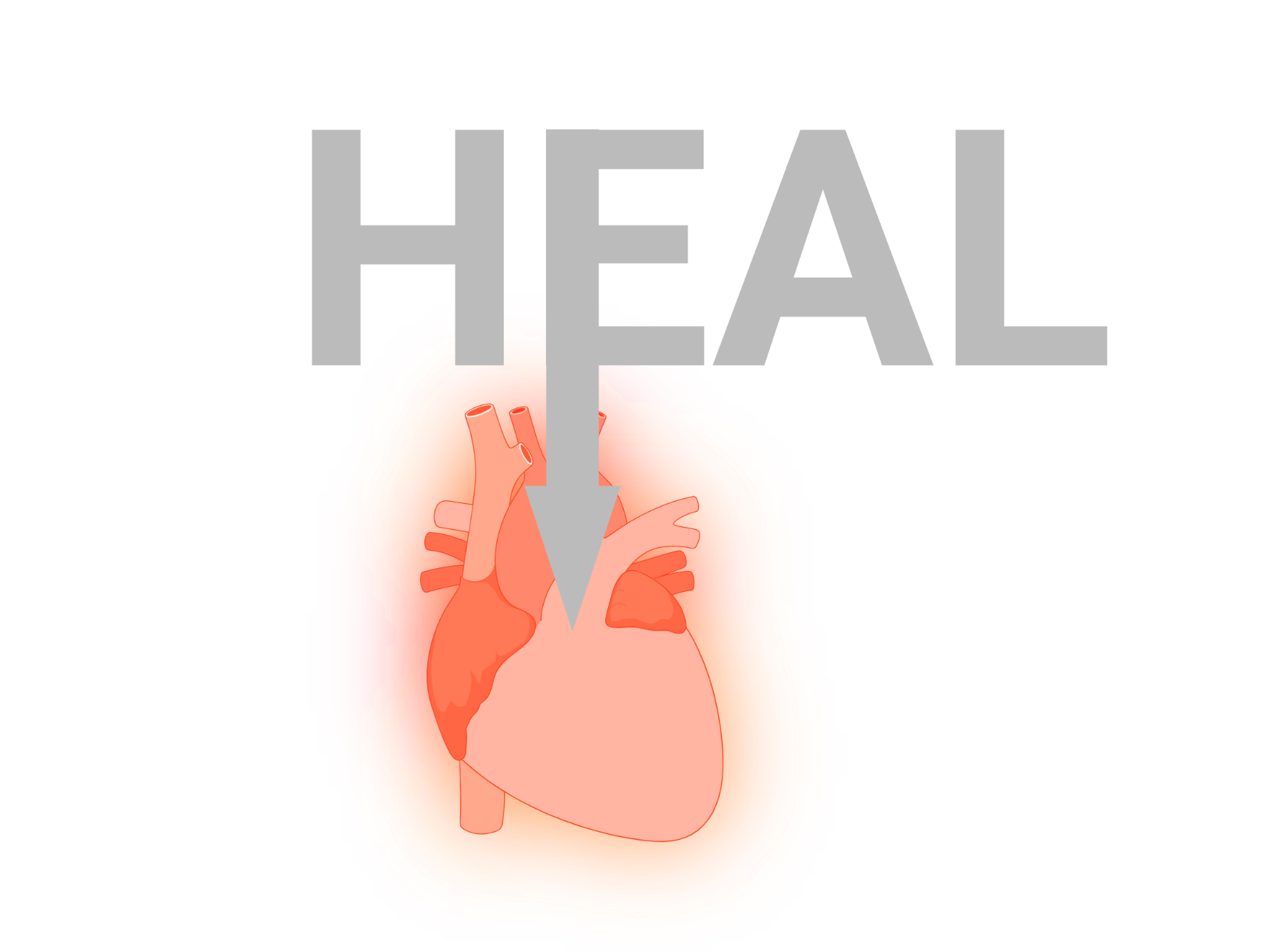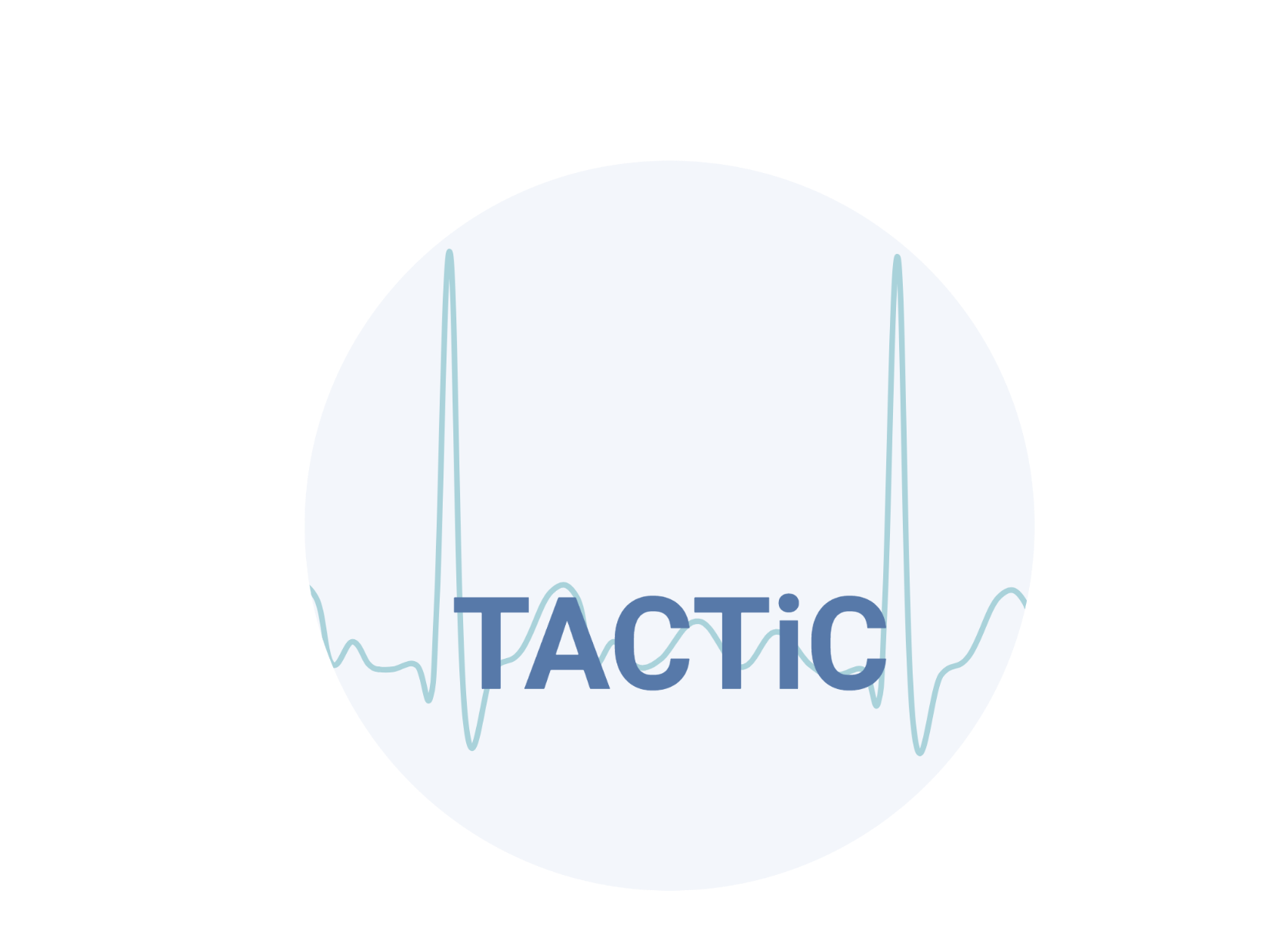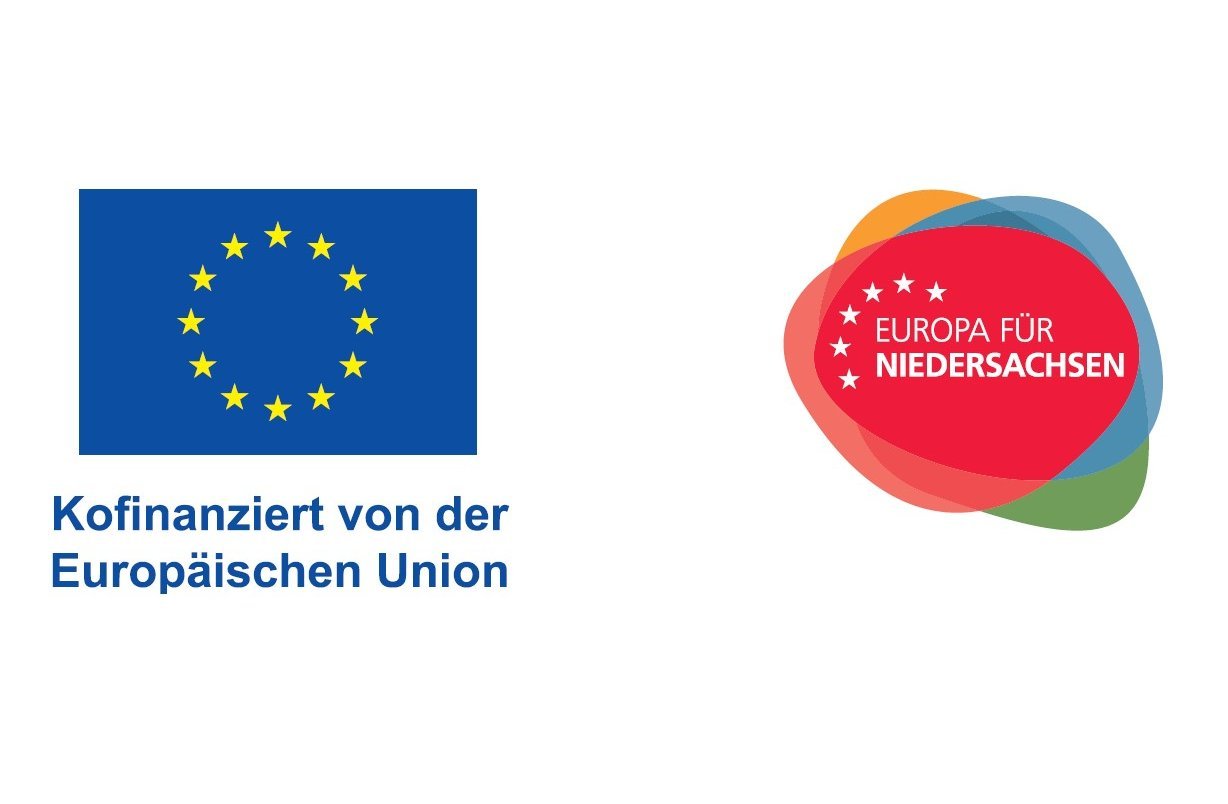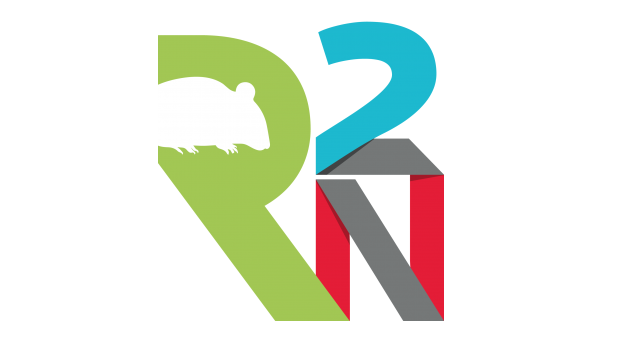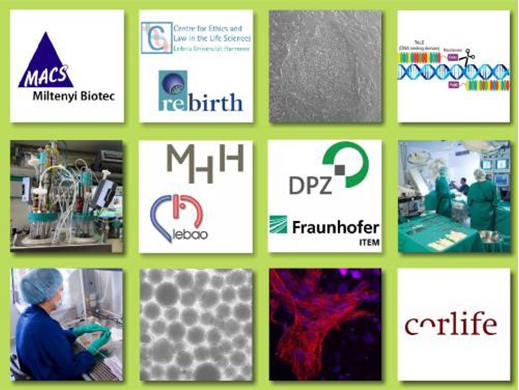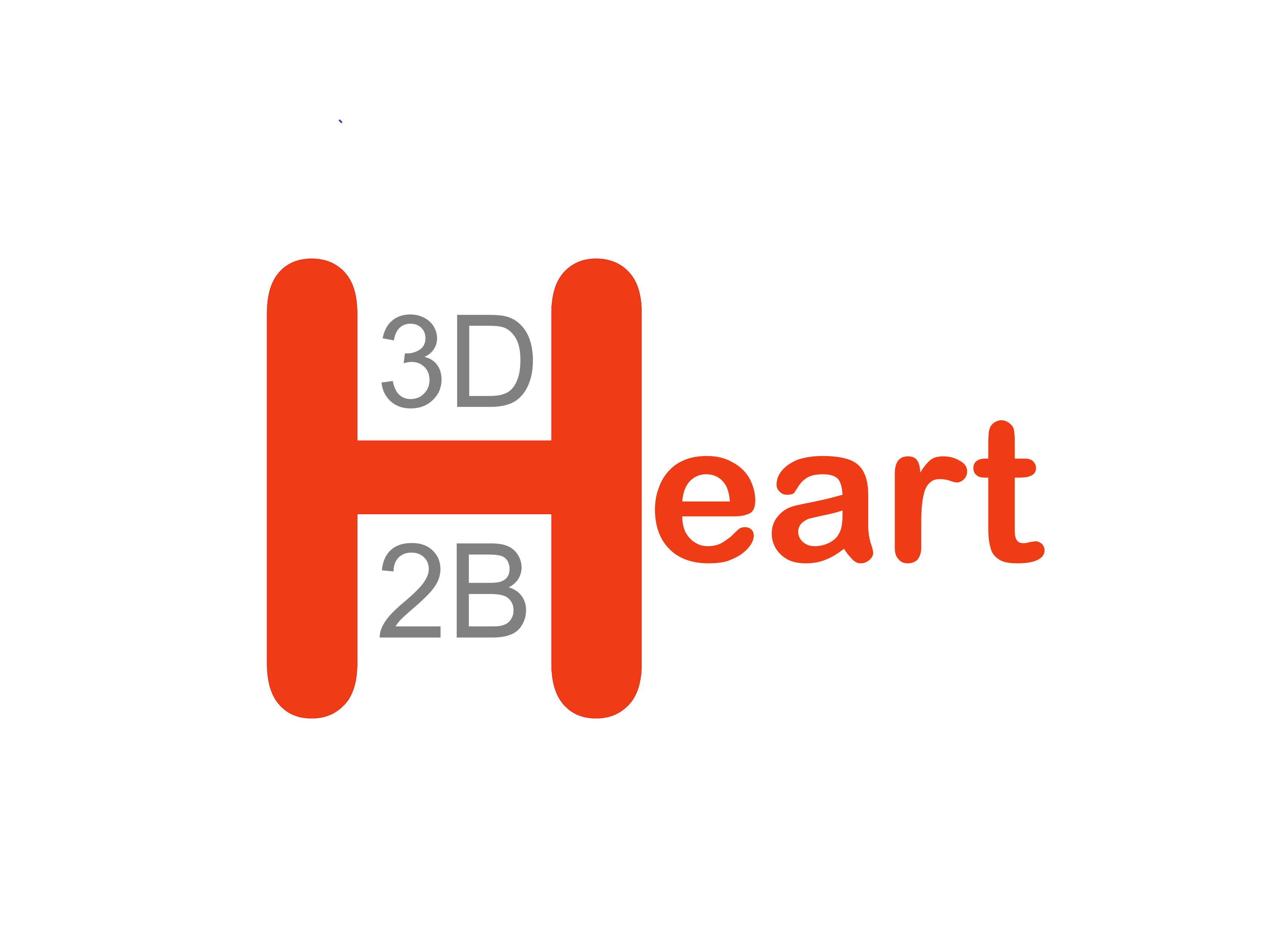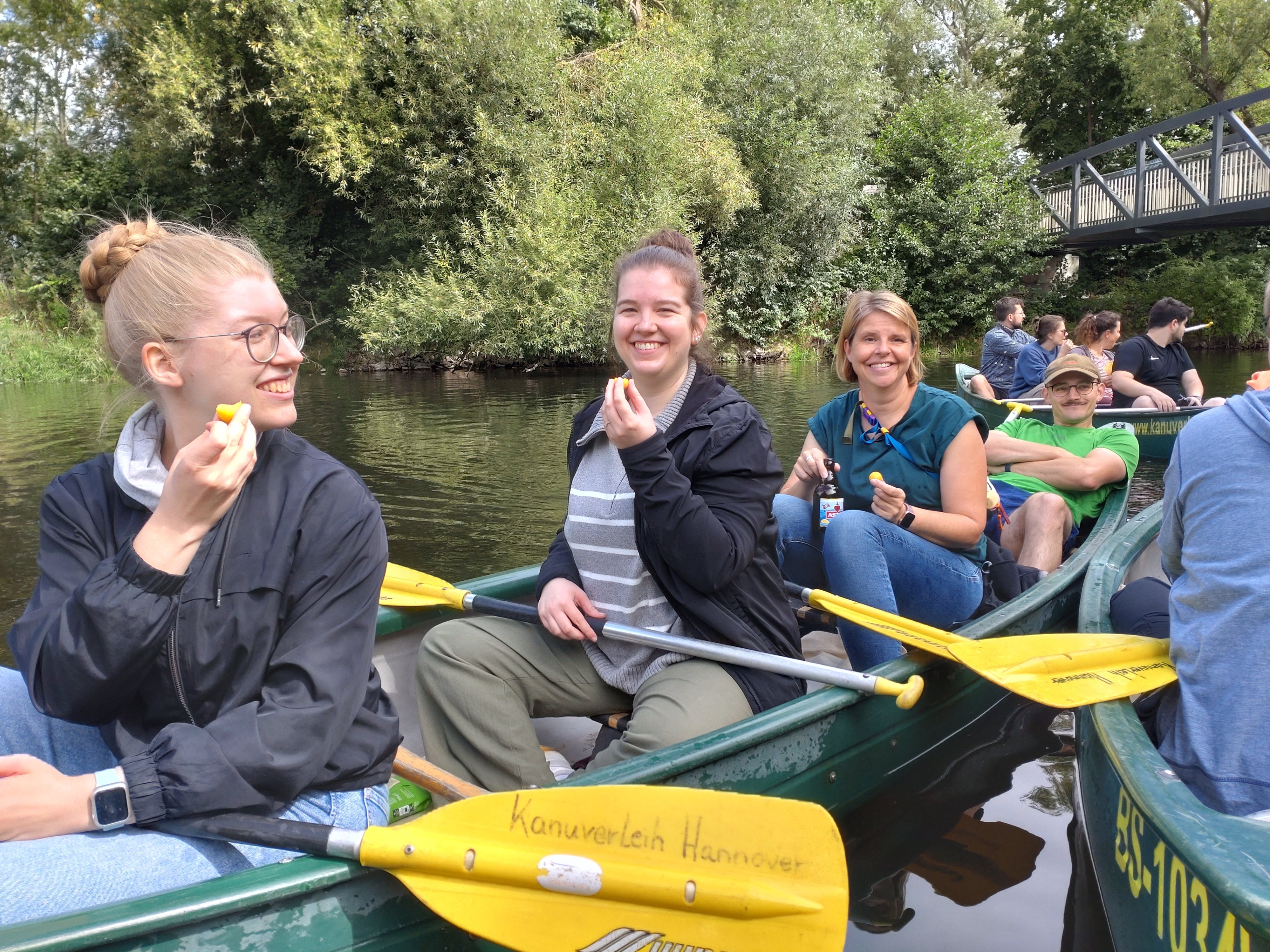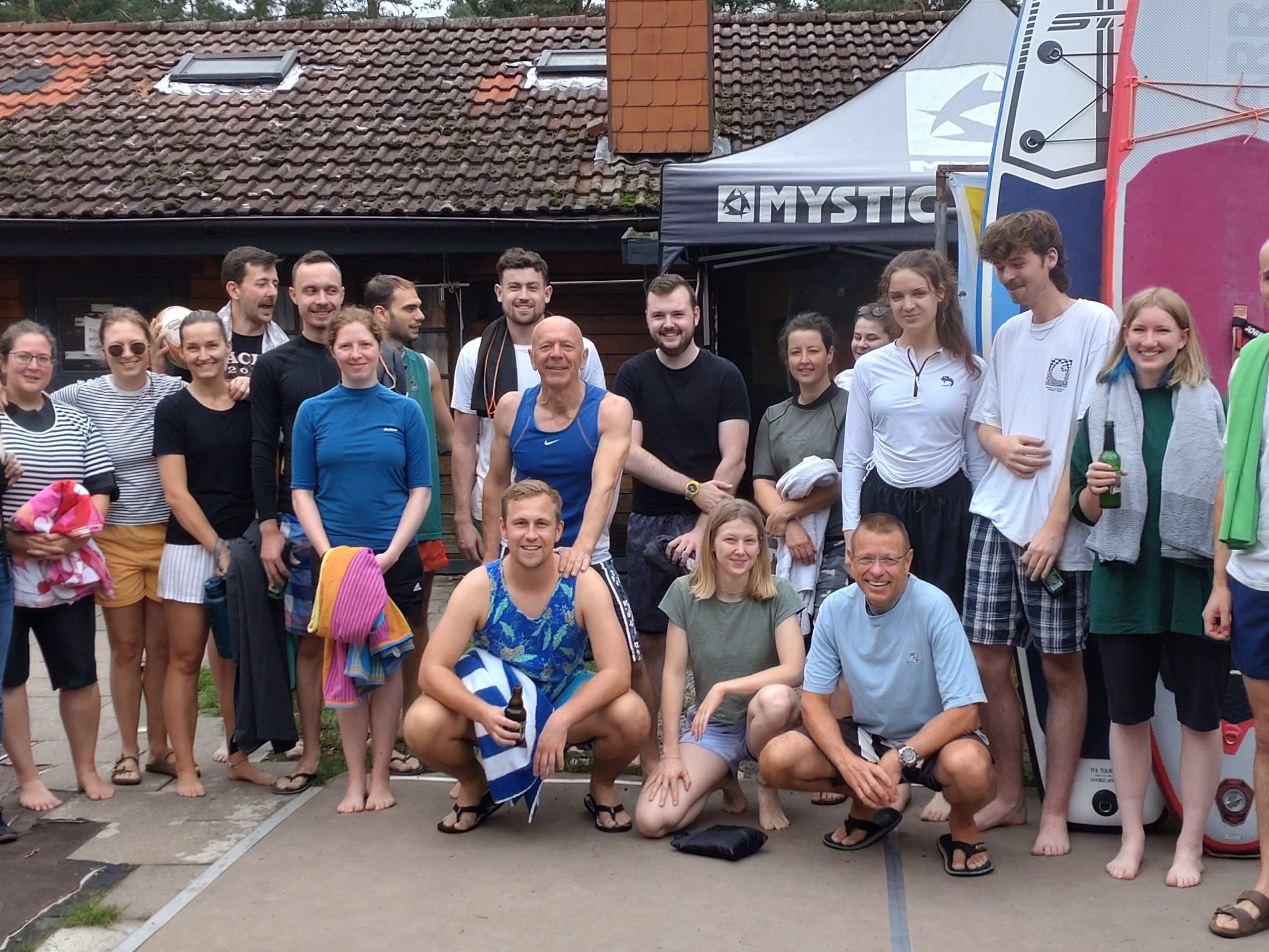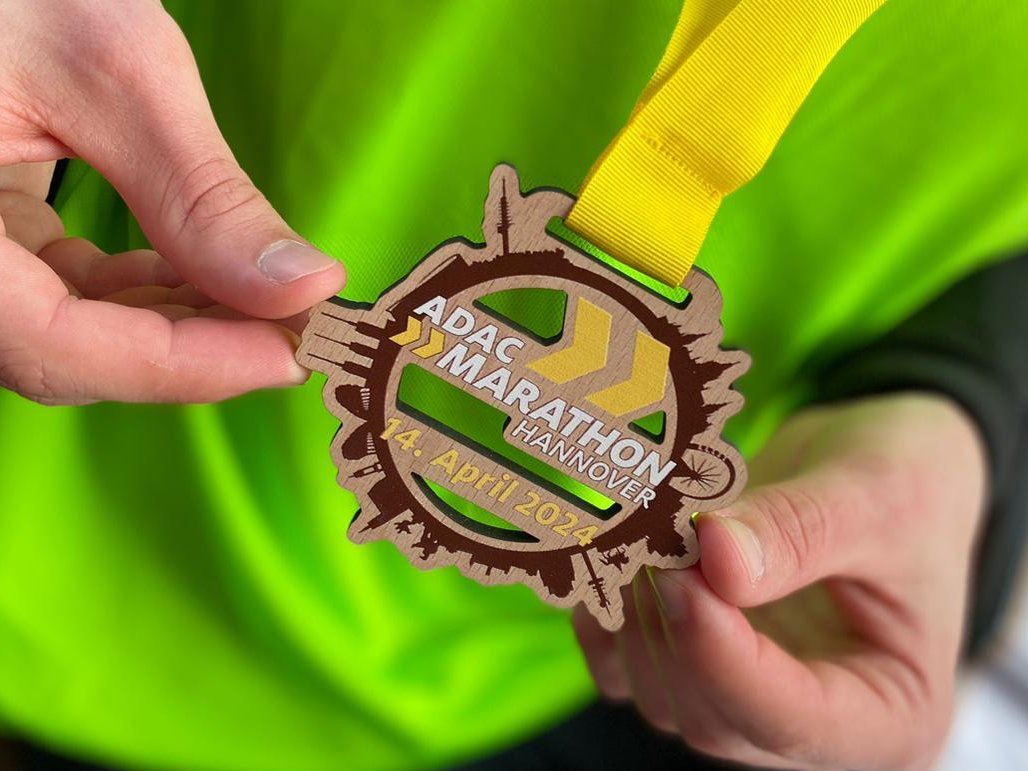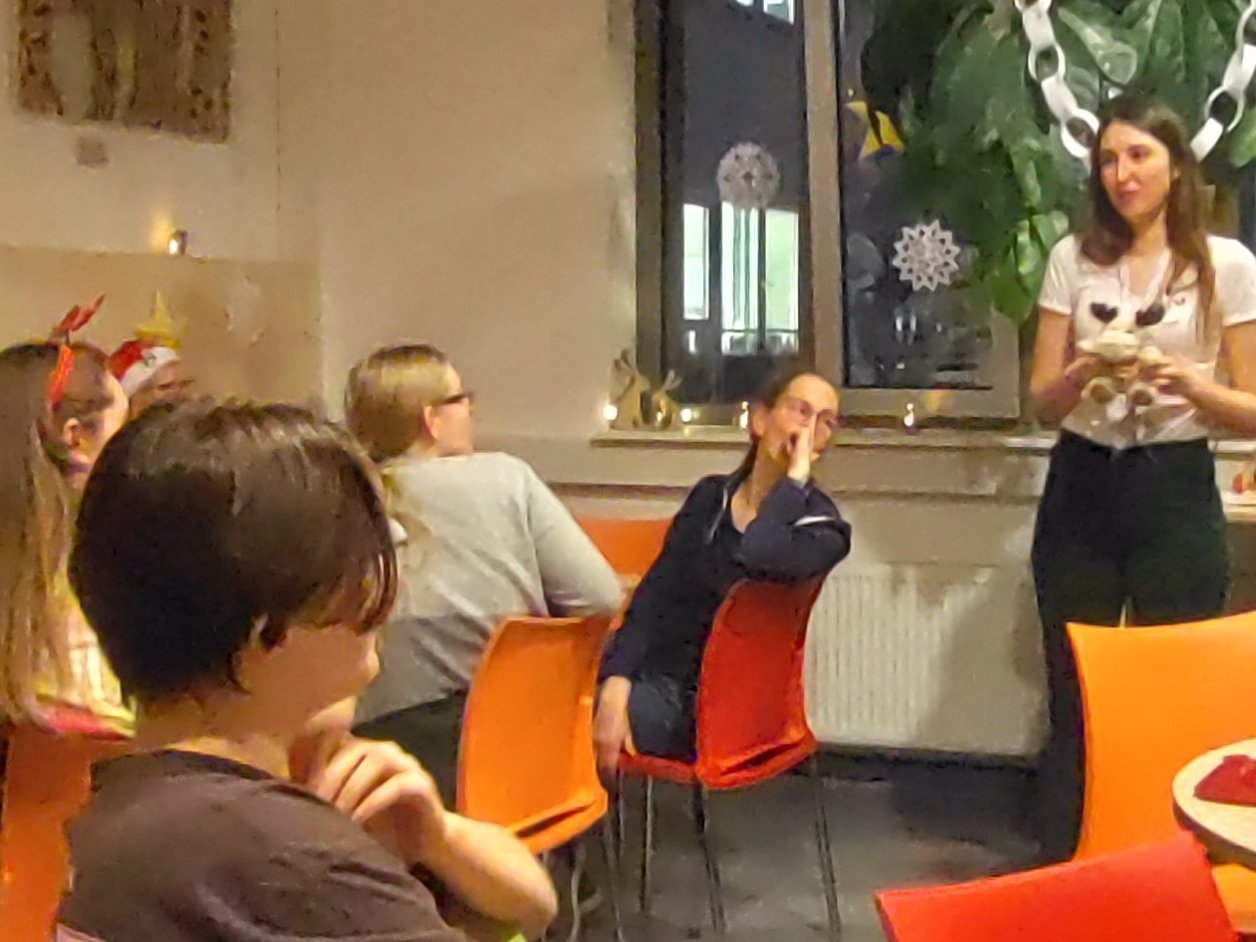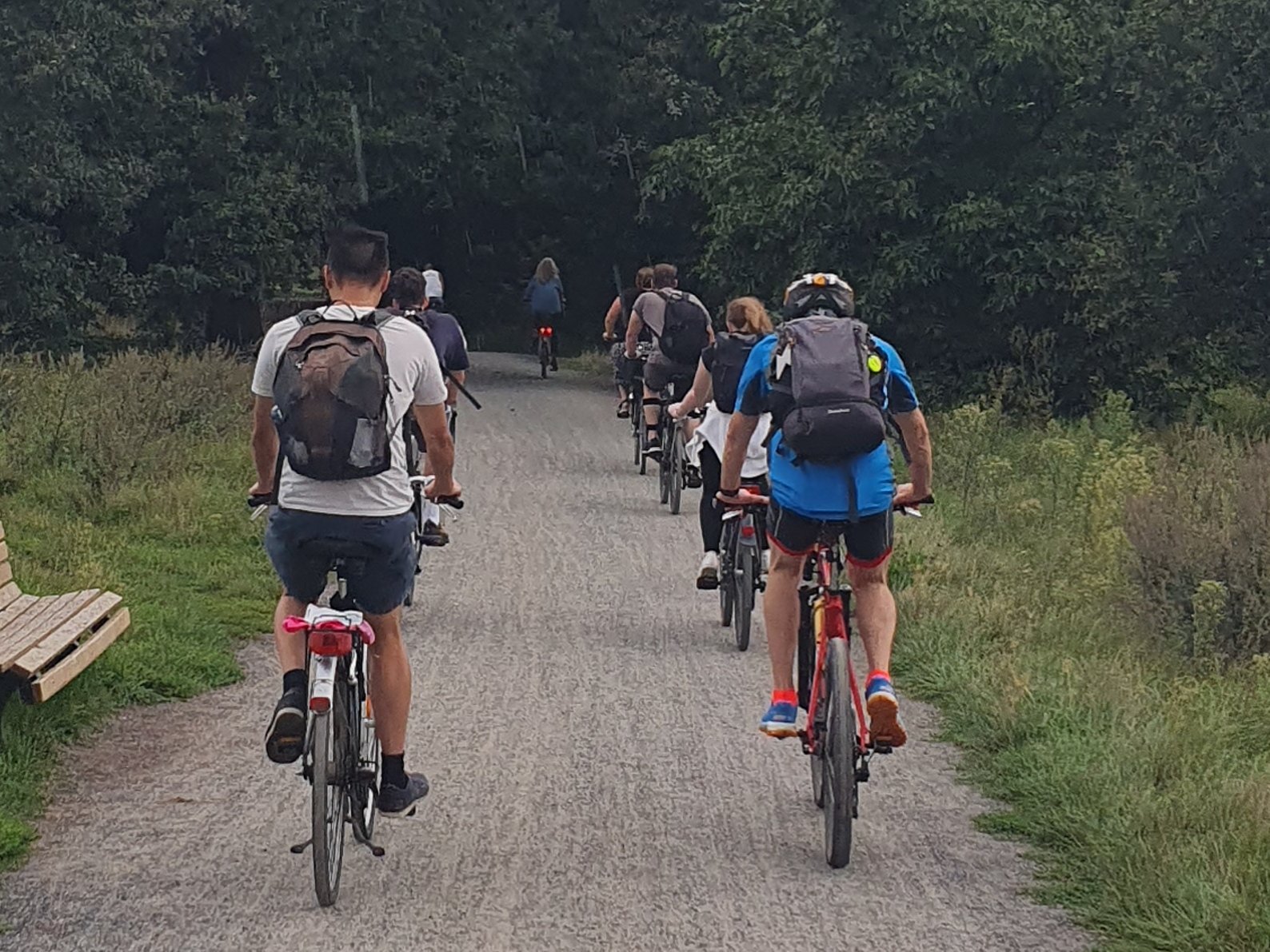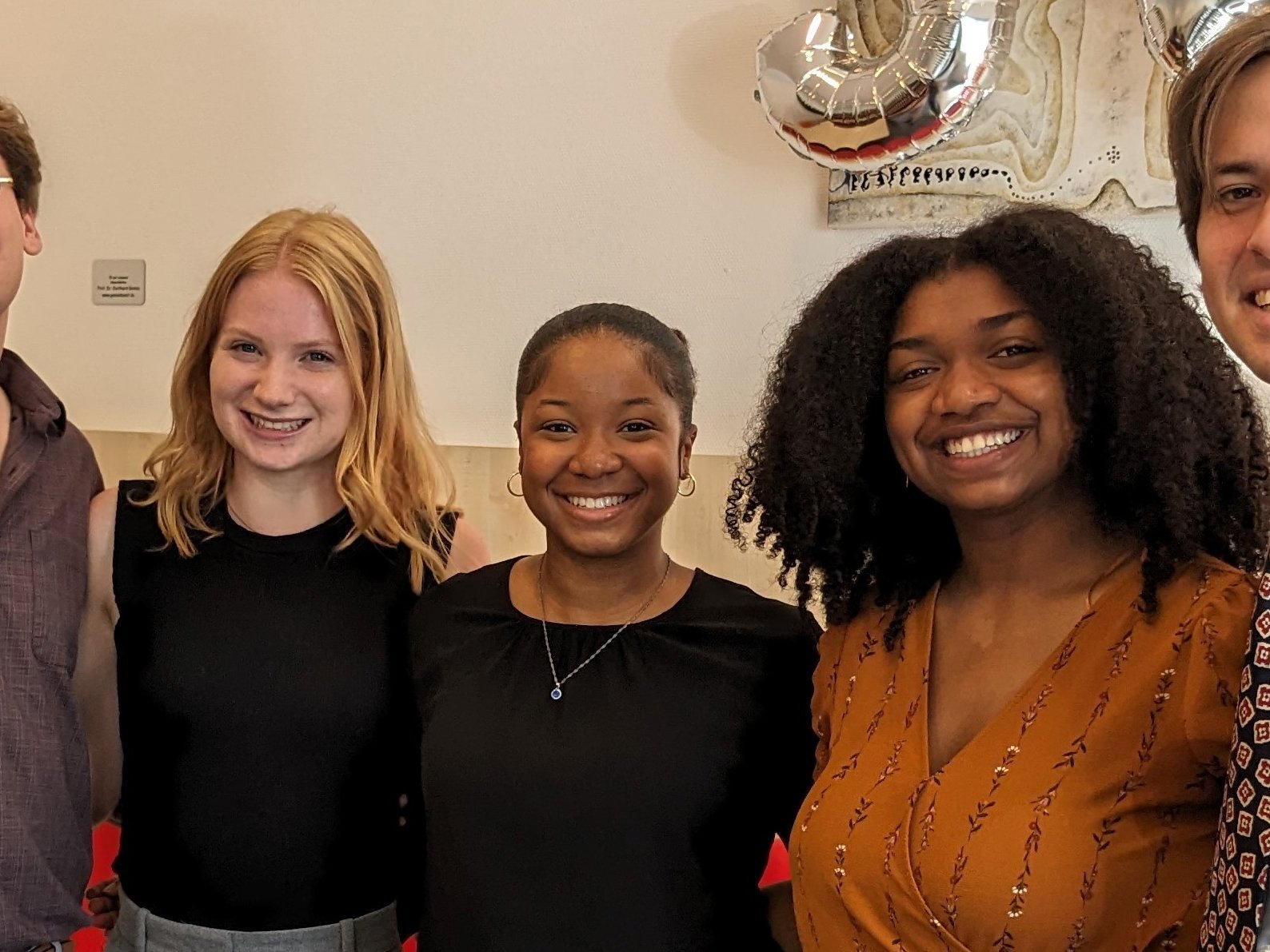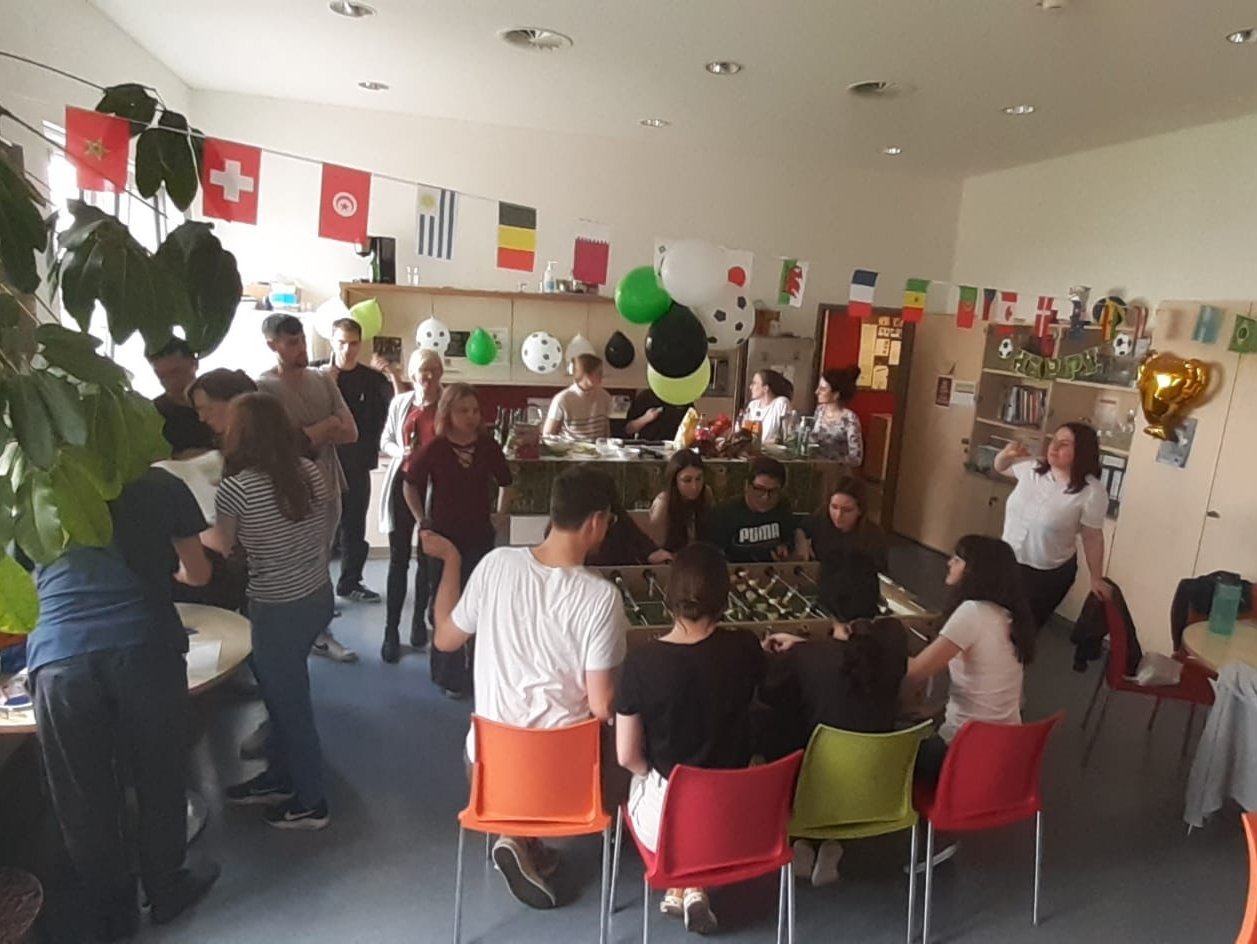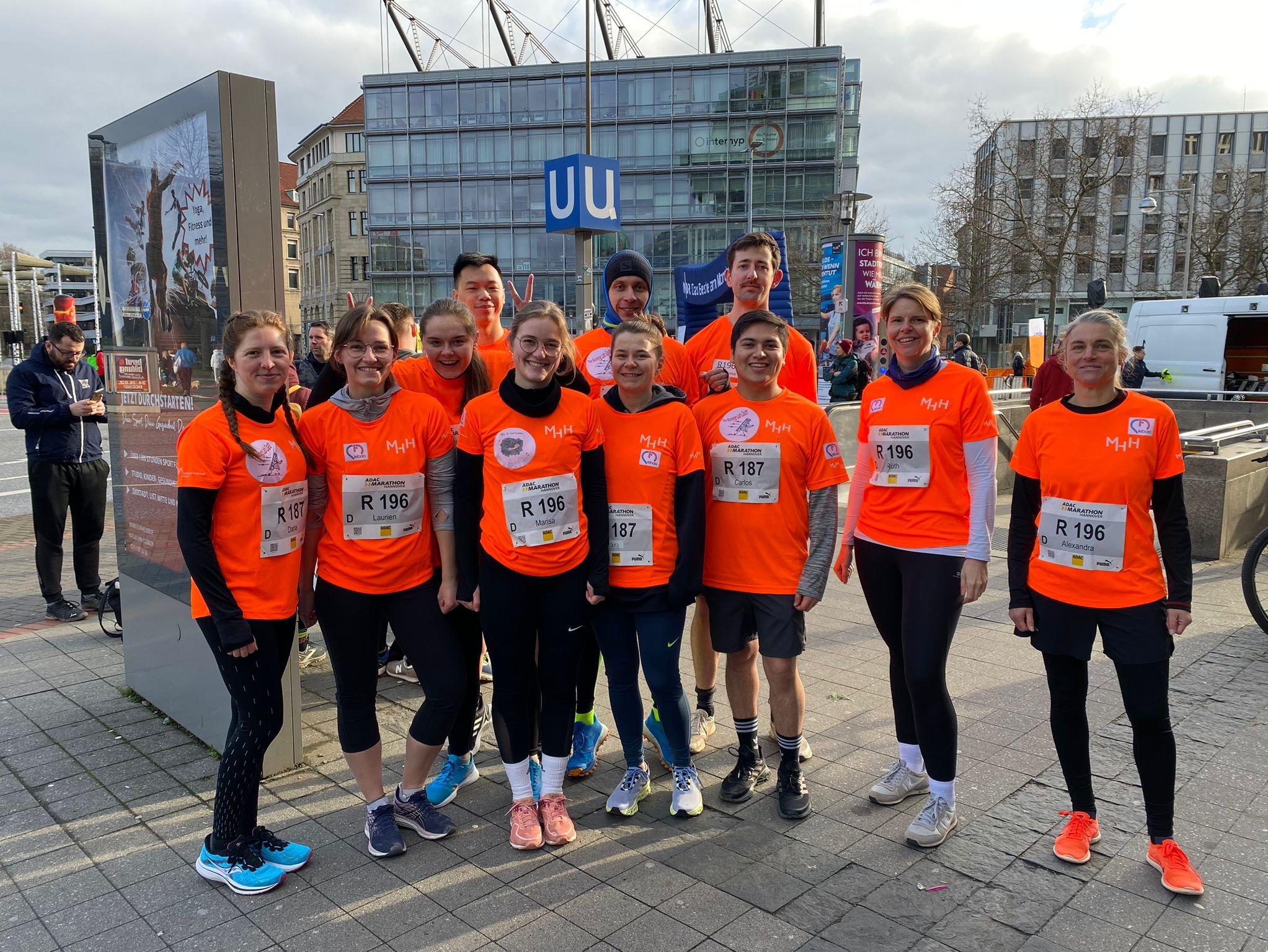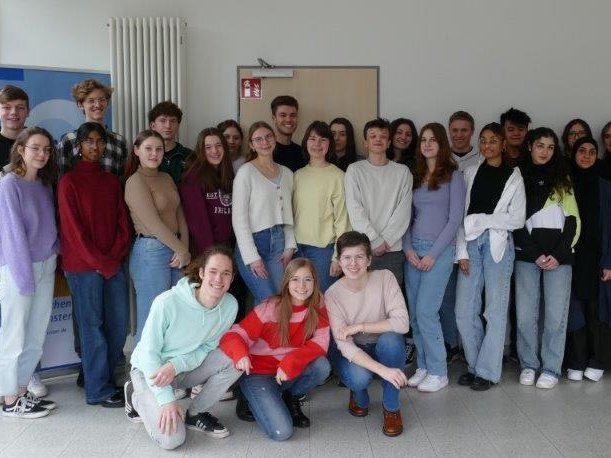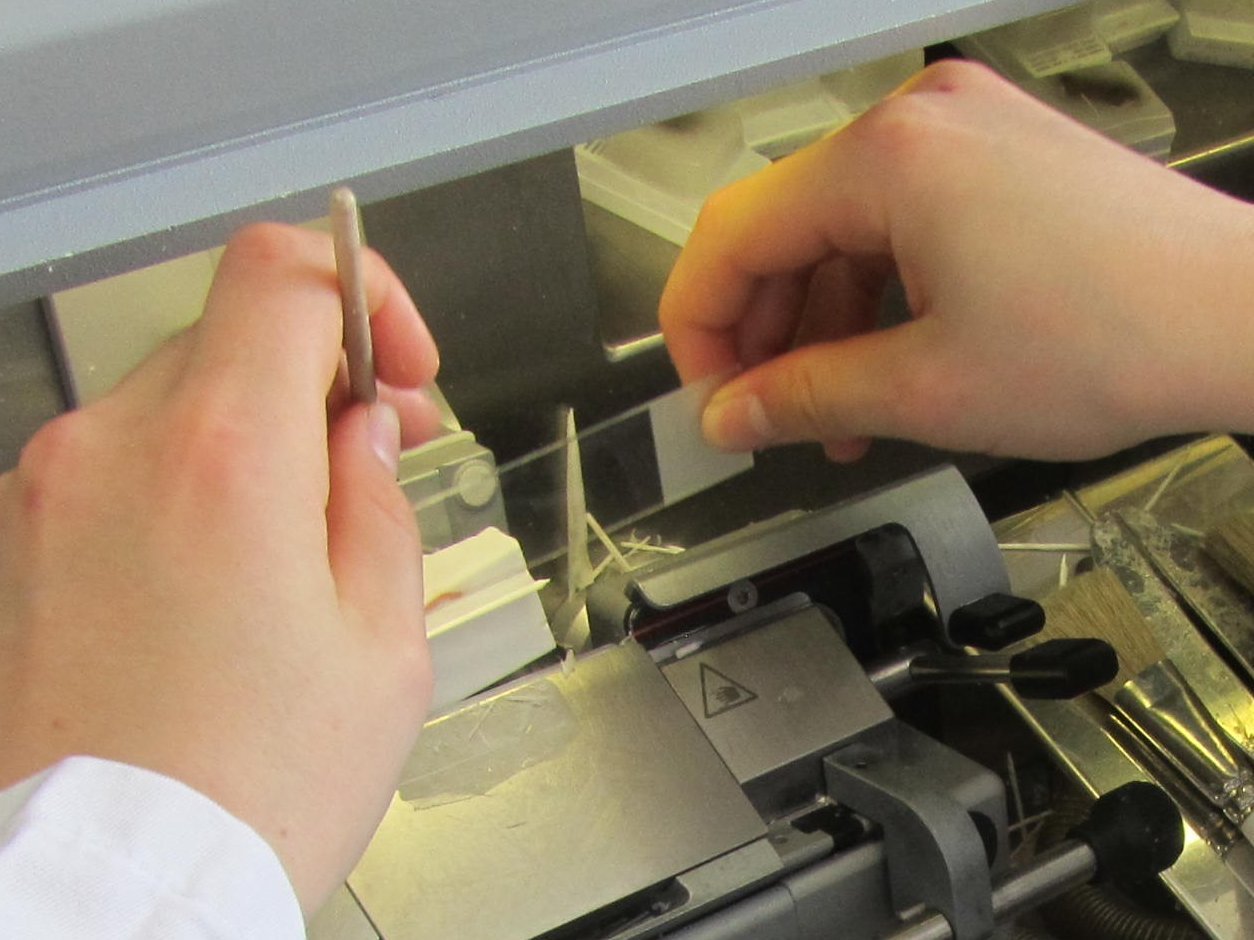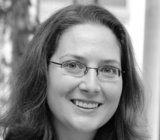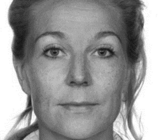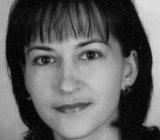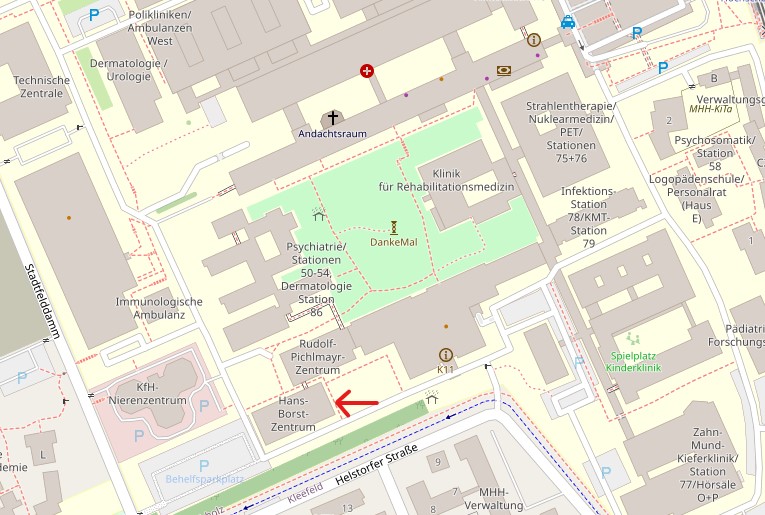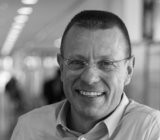
LEBAO

Die Leibniz Forschungslaboratorien für Biotechnologie und künstliche Organe (LEBAO) der Medizinischen Hochschule Hannover (MHH) wurden 1996 von Prof. Dr. Dr. h.c. Axel Haverich u. a. aus Mitteln des Leibniz-Preises der DFG gegründet.
Das LEBAO als grundlagen-orientierter Forschungsbereich der Klinik für Herz-, Thorax-, Transplantations- und Gefäßchirurgie der MHH gilt als eine der zentralen Institutionen von REBIRTH.
Nachdem Prof. Haverich am 31. März 2023 in den wohlverdienten Ruhestand gegangen ist, wurde die Klinikleitung der Herz-, Thorax-, Transplantations- und Gefäßchirurgie am 01. April 2023 von Prof. Dr. Arjang Ruhparwar übernommen.
Die enge Bindung von anwendungsorientierter Grundlagenforschung im LEBAO und der Klinik wird nun über eine Doppelspitze mit Prof. Dr. A. Ruhparwar als Klinikdirektor und Prof. Dr. U. Martin als Leiter der experimentellen Forschung verwirklicht.
In den Leibniz Forschungslaboratorien für Biotechnologie und künstliche Organe (LEBAO) werden vor allem verschiedene Aspekte der regenerativen Medizin und der Organtransplantation untersucht. Die enge Verknüpfung von Grundlagenforschung und Klinik erlaubt zum einen eine zielgerichtete Entwicklungsarbeit, zum anderen aber auch eine schnelle Umsetzung innovativer Therapiekonzepte in die klinische Praxis. Unter der Leitung von Prof. Dr. rer. nat. Ulrich Martin werden derzeit Forschungsprojekte in den folgenden Arbeitsgruppen bearbeitet:
Alle Arbeitsgruppen befassen sich mit Forschungsprojekten, welche der Entwicklung neuartiger Therapien für die Behandlung kardiovaskulärer und respiratorischer Erkrankungen dienen. Es bestehen Querverbindungen und enge Kooperationen zu anderen Projekten innerhalb der MHH und des Forschungszentrums für Translationale Regenerative Medizin REBIRTH sowie mit dem Kompetenzzentrum für kardiovaskuläre Implantate (Medimplant), der Leibniz Universität Hannover, dem Niedersächsisches Zentrum für Biomedizintechnik, Implantatforschung und Entwicklung (NIFE), dem Fraunhofer ITEM, dem Deutsches Primatenzentrum, der corlife oHG, dem Medizintechnikverbund CrossBIT und einer Vielzahl anderer nationaler und internationaler wissenschaftlicher Institutionen und Industrieunternehmen.
Arbeitsgruppen
Im LEBAO existieren derzeit sieben Arbeitsgruppen. Diese setzen eine Vielzahl unterschiedlicher Technologien ein, z.B. die Reprogrammierung somatischer Zellen für die Herstellung induzierter pluripotenter Stammzellen (iPS-Zellen), das so genannte „Gene Editing“ für die gezielte genetische Modifikation von Zellen, skalierbare Bioreaktorsysteme für die Stammzellexpansion und Differenzierung, oder auch das Tissue Engineering zur Herstellung von kardiovaskulärem Gewebe- und Organersatz. Langfristige Ziele unserer Arbeit umfassen die Entschlüsselung von Krankheitsmechanismen, die Entwicklung neuer Wirkstoffe und neuartiger Zell- und Gen-basierter Therapien zur Regeneration und Reparatur geschädigter Organe, insbesondere im kardiovaskulären Bereich.
